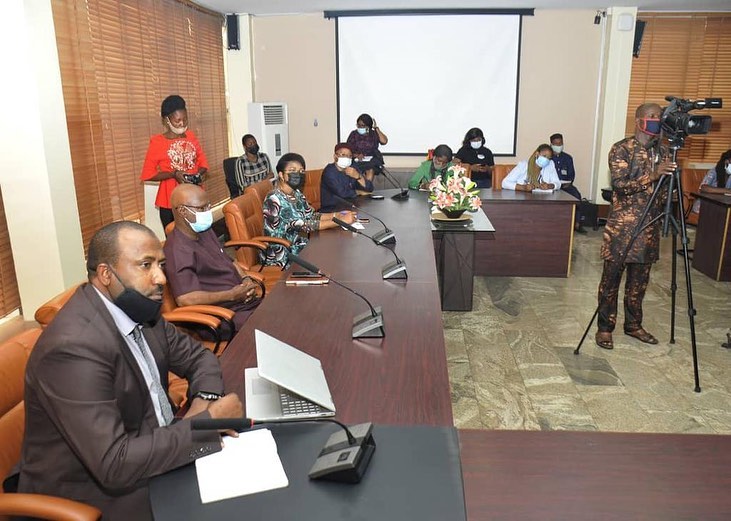“Not Reporting a Crime is, in itself a Crime” – CORA Policy Roundtable
The Corruption Anonymous (CORA) roundtable organized by the Yar’Adua Foundation in collaboration with the African Centre for Media and Information Literacy was to brainstorm on ways to institutionalize whistleblowing and galvanize stakeholders’ support towards the passage of the Whistleblowing Protection Bill.
The roundtable observed that the government has a duty to fight corruption as contained in Section 15 (5) of the 1999 Constitution, and whistleblowing is one of the tools that can effectively mobilize the citizenry in the fight against corruption.
Whistleblowing breaks the culture of “silence and acquiescence” in the face of injustice against the state; hence Nigerians should understand that whistleblowing is only a natural expression of their fundamental human right to free speech.
As the coalition continues to work towards the passage of the Whistleblowing Protection Bill, the Center is urging the government to strengthen its internal reporting mechanism and guarantee the protection of whistleblowers in the public service from victimization. The government must demonstrate the will to implement the current whistleblowing policy domiciled and operationalized by the Ministry of Finance through the Presidential Initiative on Continuous Audit (PICA).
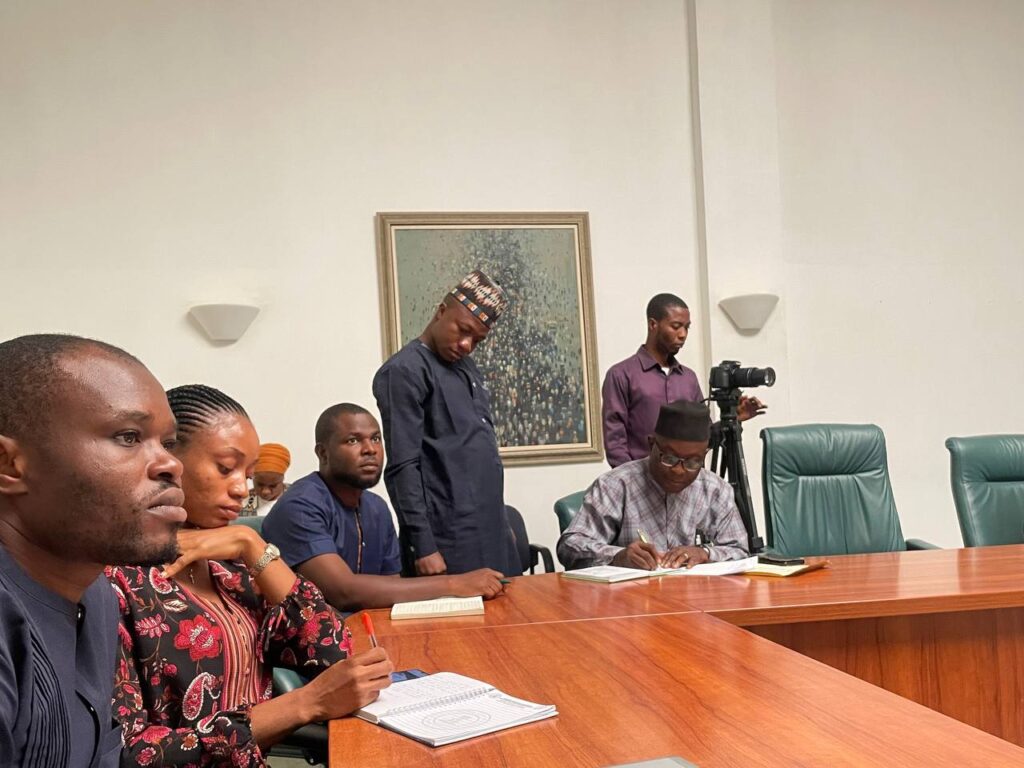
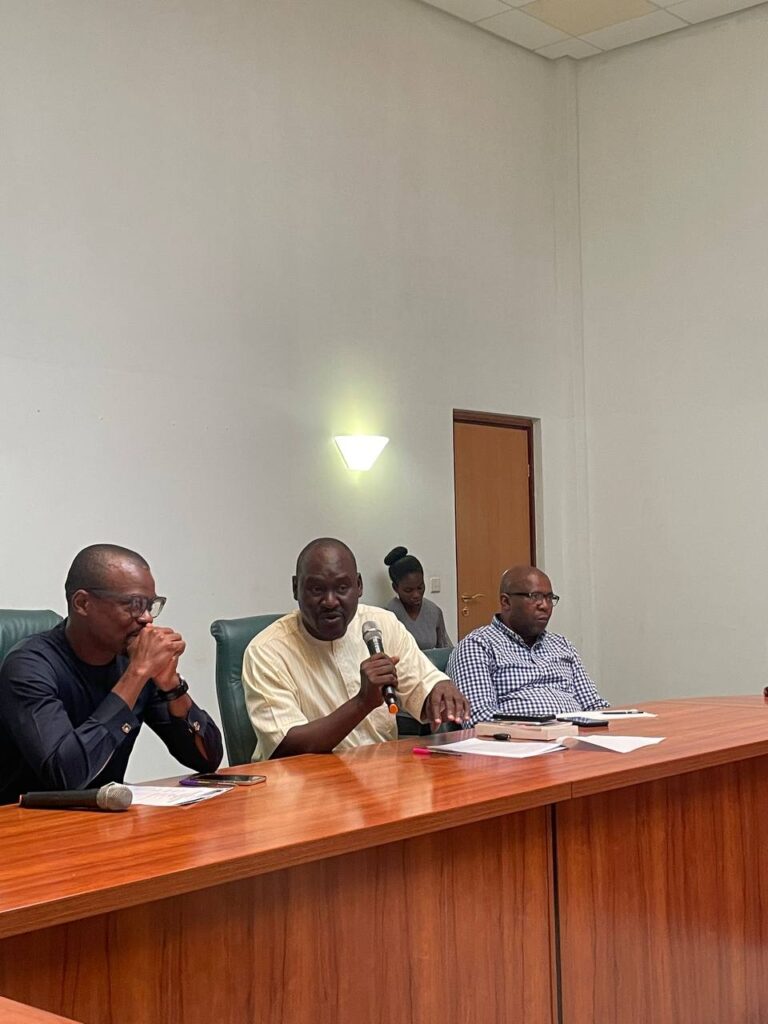
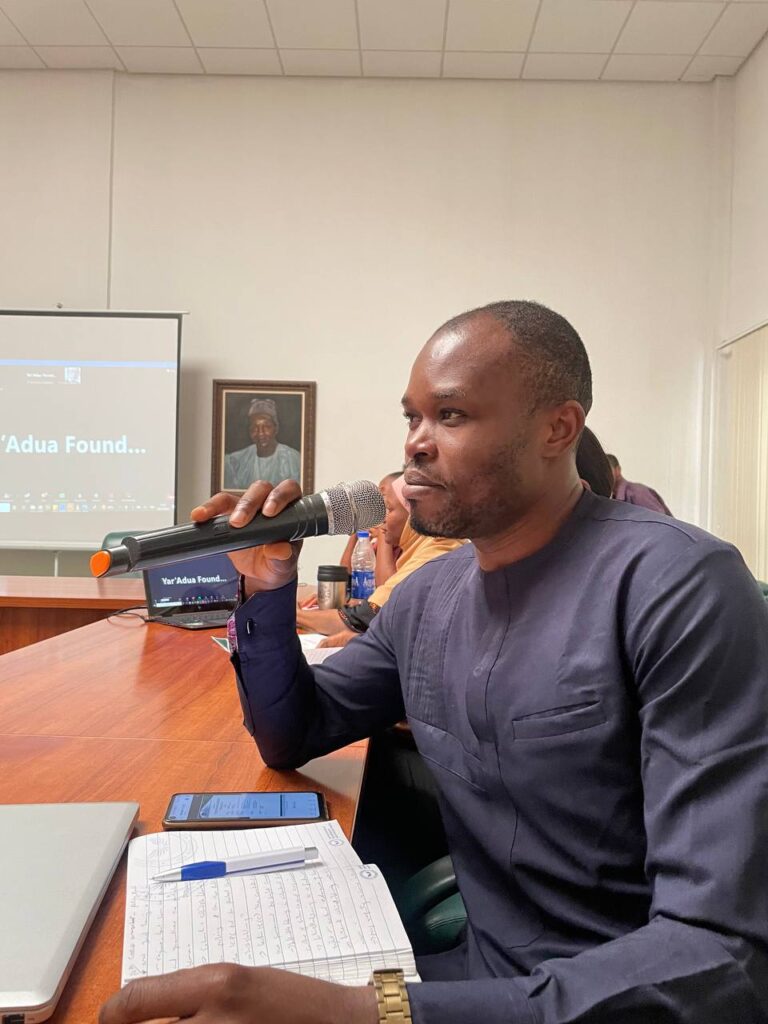
Center Participates at the Launch of CORA Whistleblowing Platform
The Center joined the African Center for Media Literacy (AFRICMIL) and Yar’ Ardua Foundation, alongside other stakeholders in the anti-corruption environment at the launch of the Corruption Anonymous (CORA) Whistleblowing Platform.
The CORA platform is a secure civil society driven public whistleblowing tool through which citizens can submit tips on corruption and other forms of wrongdoing anonymously.
The whistleblowing policy remains an important way of rallying citizens support in the fight against corruption; and the CORA platform would consolidate government whistleblowing policy, as citizens can safely disclose useful lead on corrupt practices across different sectors of the economy.
The Center strongly believes in the invaluable contributions of citizens, especially public servants in the fight against systemic corruption, and we encourage all well-meaning Nigerians to utilize this secured platform, as a service to nation, to expose dishonest individuals, so we can collectively stamp out corruption from the public service.
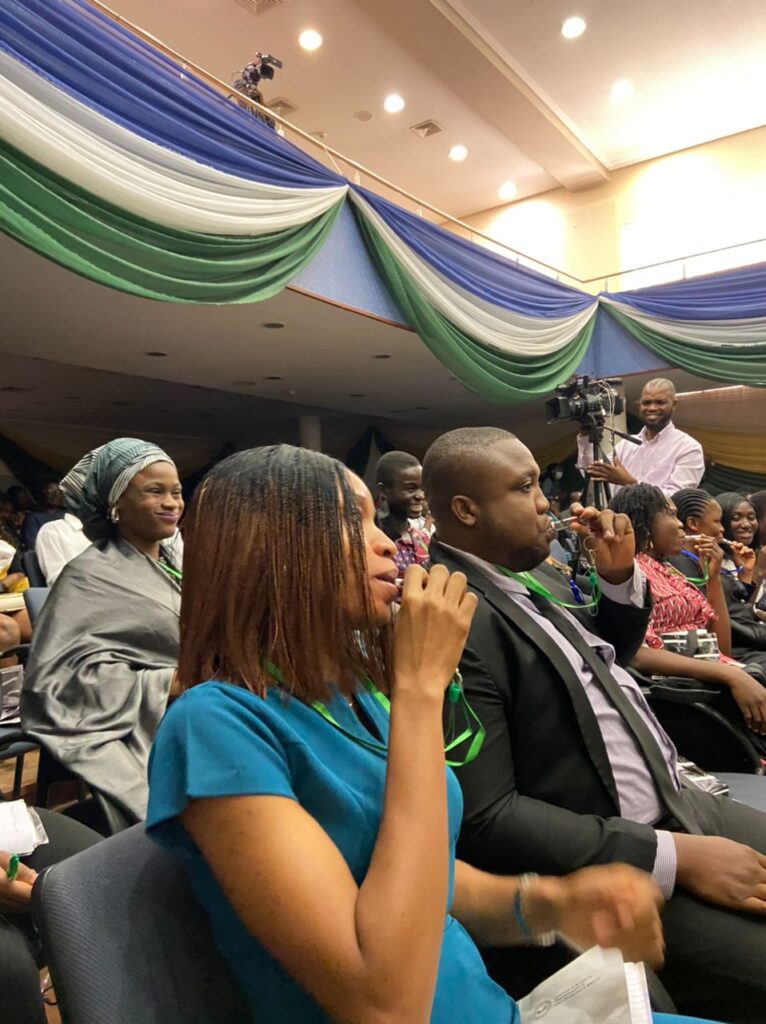
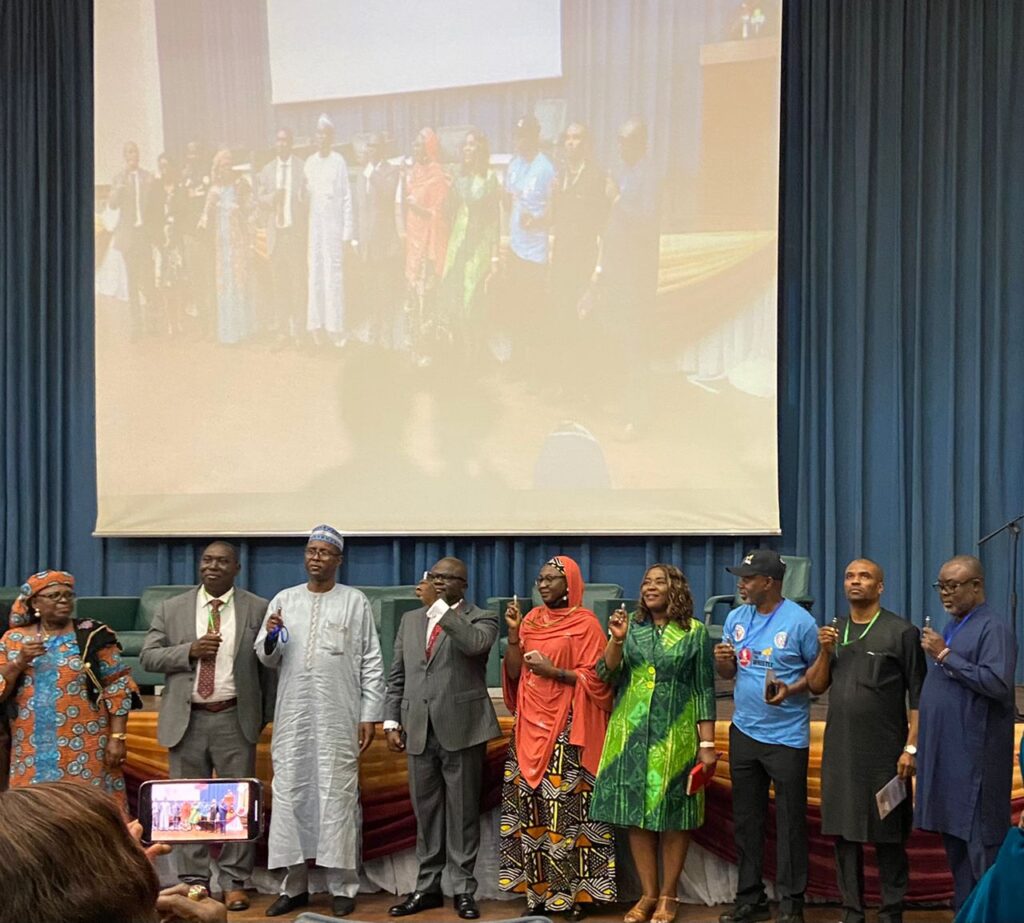
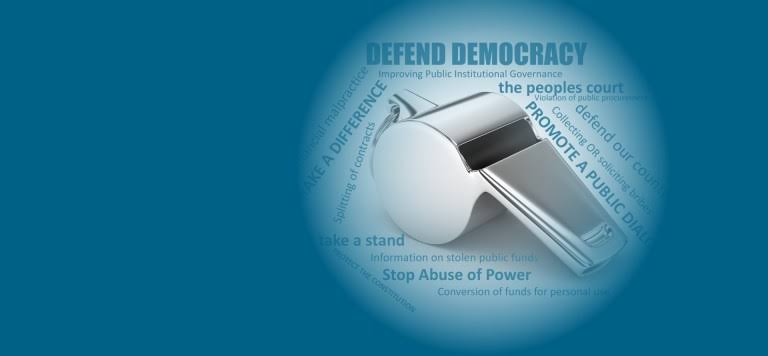
CeFTIW Participates at NUPRC Licenses Issuance Ceremony, Commends Compliance with Petroleum Industry Act
Given its strategic role in promoting best practices in the nation’s public sector, the Center was honored with an invitation by the Nigerian Upstream Petroleum Regulatory Commission (NUPRC) to monitor and participate at the issuance ceremony of Petroleum Prospecting Licenses (PPLs) to successful Awardees of Marginal Fields in the 2020 Bid Round, in line with provisions of the Petroleum Industry Act, 2021 (PIA).
The Center commends the Commission and considers this compliance with extant law in the nation’s oil industry as an important step in improving transparency of the sector. We seized this opportunity to call on other government agencies to emulate this transparency process, and comply with relevant laws guiding their operations.
The event also featured the unveiling of the implementation template for the Host Communities Development Trust (HCDT), which would positively impact on the wellbeing of host communities and foster cordial relationship between host communities and upstream oil and gas operators.
The Center remains committed to supporting meaningful governments efforts at promoting transparency, accountability and good governance through advocacies and other technological measures.
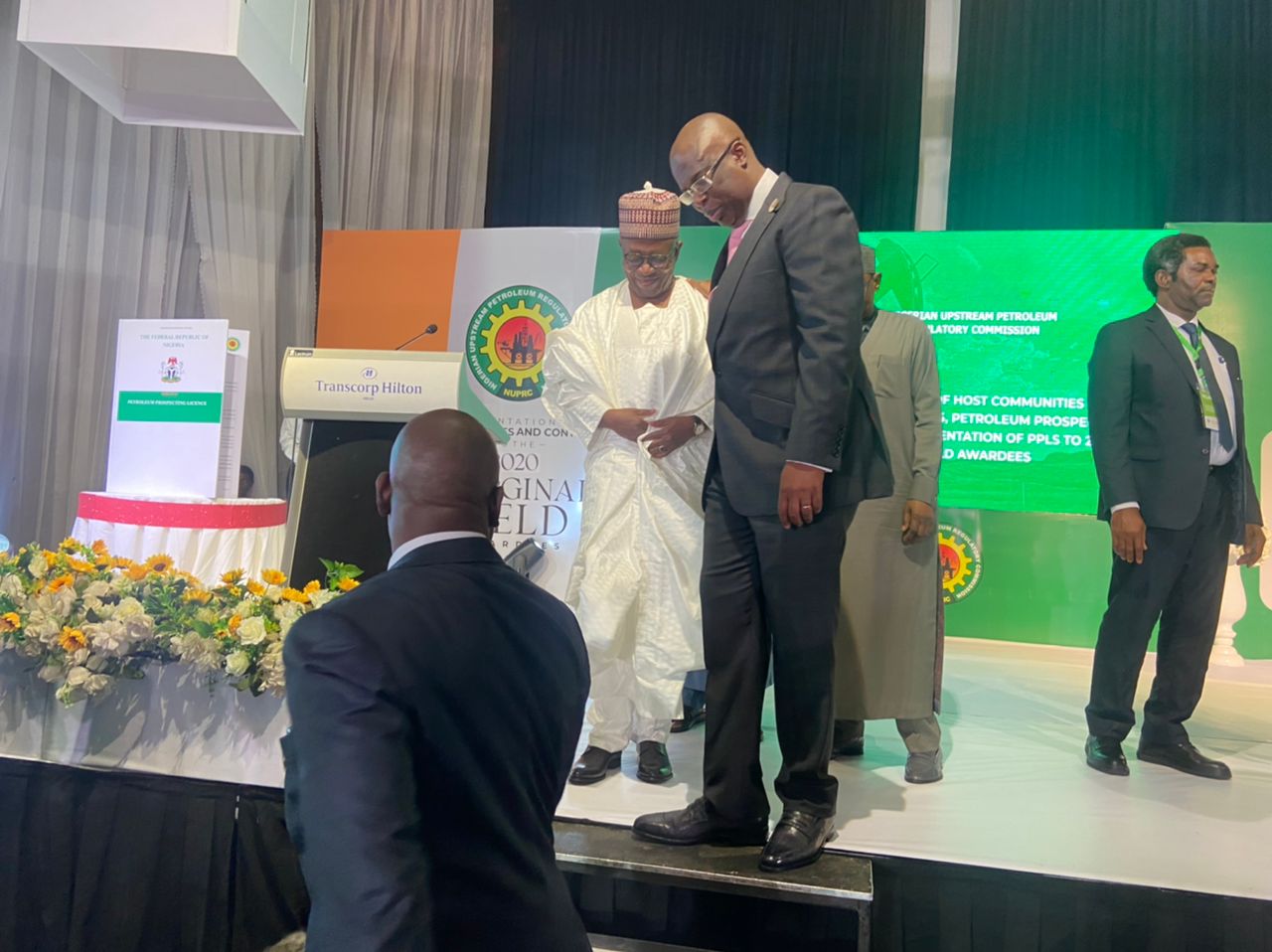
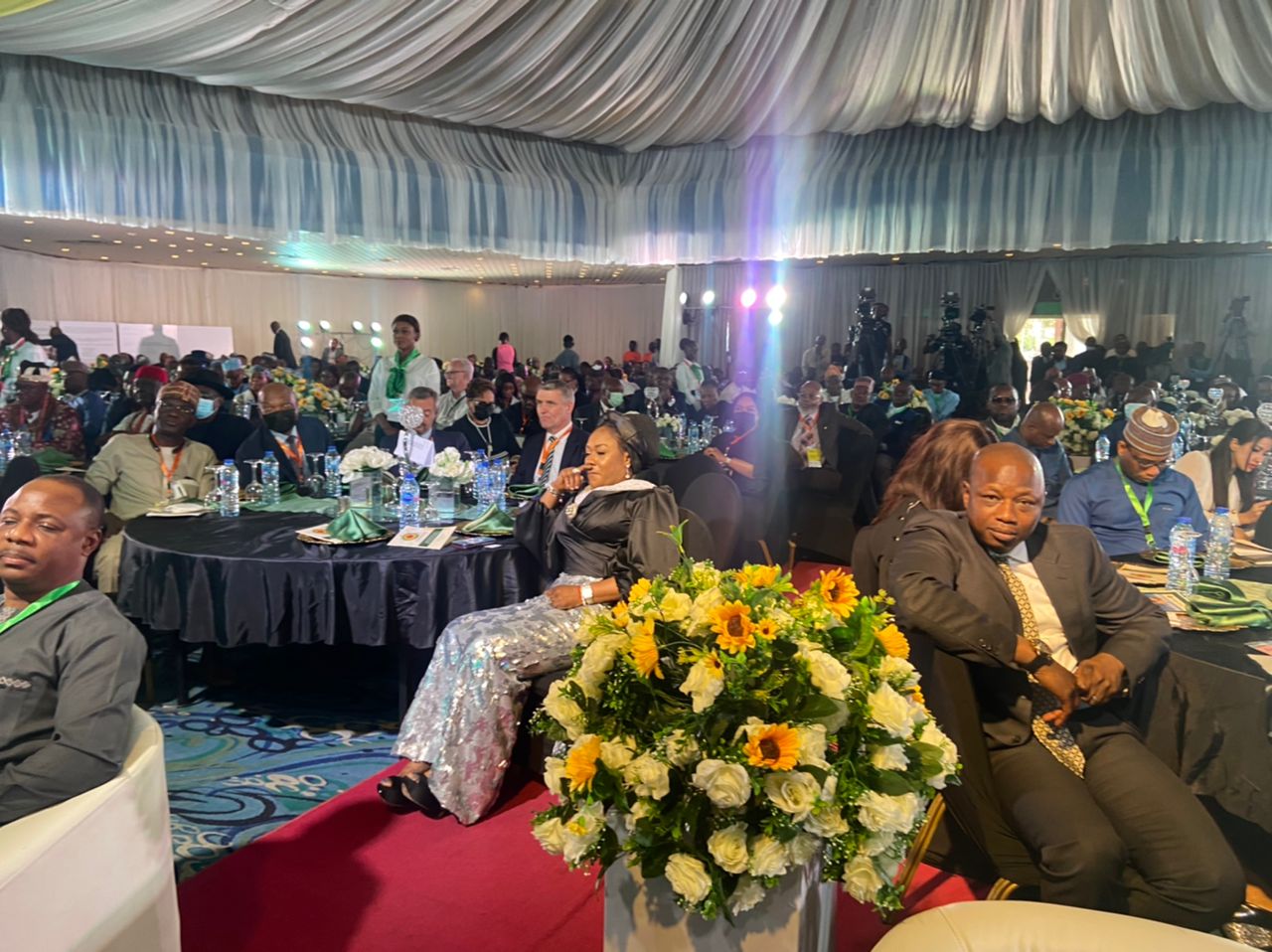
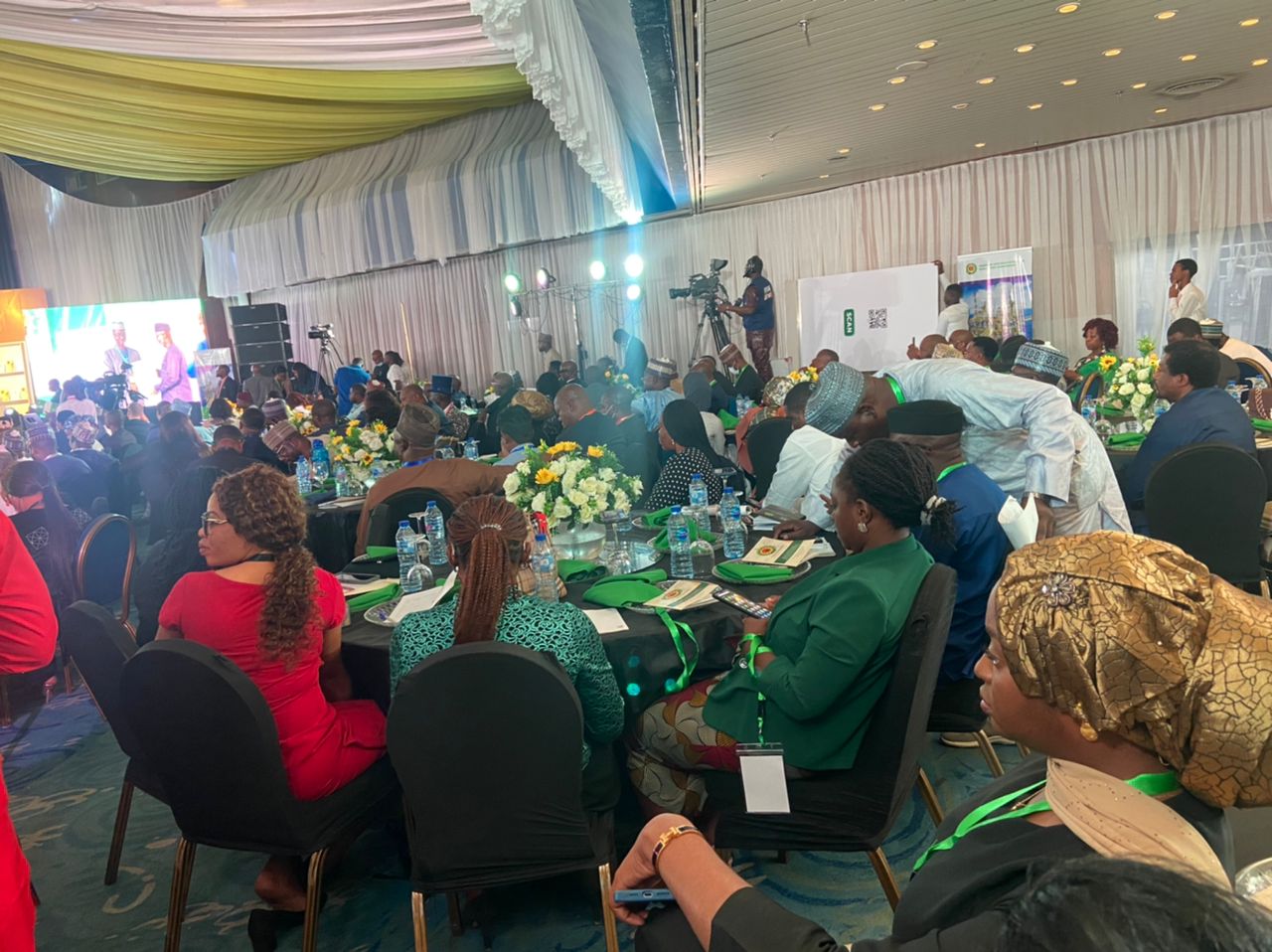
CeFTIW Strengthens Stakeholders’ Capacity for Effective Implementation of Newly Passed Anti-Graft Laws
In furtherance of the its resolve to support stakeholders in the anti-corruption environment with knowledge and competencies, the Center for Fiscal Transparency and Integrity Watch (CeFTIW) has organized a stakeholders’ workshop on the New / Amended anti-corruption laws.
Recall that the Center was at the forefront of advocacy that saw to the passage and eventual signing to law of these anti-corruption laws, viz; the Money Laundering (Prevention and Prohibition) Act, 2022, the Terrorism (Prevention and Prohibition) Act, 2022, and the Proceeds of Crime (Recovery and Management) Act, 2022.
Participants for the capacity workshop were drawn from anti-graft agencies, relevant MDAs and Media organization, and include representatives of the Economic and Financial Crimes Commission (EFCC), Independent Corrupt Practices and other Related Offences Commission (ICPC), Nigerian Financial Intelligence Unit (NFIU), National Agency for the Prohibition of Trafficking in Persons (NAPTIP) Federal Ministry of Justice (FMoJ), Federal High Court, Nigerian Bar Association (NBA), Nigeria Police, Nigerian Security and Civil Defence Corp (NSCDC), Administration of Criminal Justice Monitoring Committee (ACJMC).
Others are the Ya’Adua Foundation, Savannah Centre for Democracy, Diplomacy and Development (SCDDD), Dataphyte, Accountability Lab, Partnership Africa, Civil Society Legislative Advocay Center (CISLAC), The Legal Defence and Assistance Project (LEDAP), Connected Development (CODE), Partners West Africa Nigeria (PWAN), African Network for Environment and Economic Justice (ANEEJ), APPON, PROMAD, African Independent Television (AIT), Radio Nigeria, News Agency of Nigeria (NAN), Clear View TV etc.
In his opening remarks, the Executive Director of the Center, Yakubu Umar said that the workshop is specially packaged to enhance the understanding of the different roles and obligations that each stakeholder ought to play in advancing the fight against corruption in our society.
He called on stakeholders to support well-meaning government’s effort to rid the nation of endemic corruption which continues to undermine development efforts.
In his presentation of the Money Laundering (Prevention and Prohibition) Act, 2022, Godwin Iheabunike said that the amended Act expanded the scope of money laundering offences and provides for enhanced customer due diligence measures.
Iheabunike disclosed that the Act brought the country’s anti-money laundering regime in conformity with international best practices as exemplified by the Financial Action Task Force (FATF) recommendations, and outrightly criminalized money laundering and terrorist financing, as well as the overall supervisory framework for AML and Combating the Financing of Terrorism in Nigeria.
He called for further strengthening of human capacity to understand the current phase of AML/CFT in the world to enable proper interface with the Inter-Governmental Action Group against Money Laundering in West Africa (GIABA) and FATF in order to ensure the efforts put into enacting the law are not in vain.
AIG Muazu Zubairu, mni (rtd) while building capacities of participants on the Terrorism (Prevention and Prohibition) Act 2022 said that the new Act provides for effective unified and comprehensive legal, regulatory and institutional framework for the detection, prevention, prohibition, prosecution and punishment of acts of terrorism, terrorism financing, proliferation and financing 0f the proliferation of weapons of mass destruction in Nigeria.
Zubairu added that the new legislation meets international standards, and enjoined stakeholders to take advantage of its provision to consolidate the global fight against terrorism.
On his part, Sulayman Dawodu, the Secretary of the ACJMC in his exposition of the Proceeds of Crime Act (POCA) revealed that the new law harmonizes and consolidates existing legislative provisions on the recovery of proceeds of crimes in Nigeria; and importantly, empowers the Law Enforcement Agencies to administer the provisions of the Act.
Describing the Act as “the most important legislation amongst the laws proposed to combat corruption and foster good governance in Nigeria,” Dawodu said that the Act establishes a robust legal regime of civil forfeiture and a framework by which proceeds of crimes would be warehoused and managed; and comply with various international obligations from FATF, GIABA, UNCAC etc.
In his closing remarks, the program manager of the Center, Jonah Uket called for more sensitization and stakeholders actions to publicize the new laws for better understanding and application.
He enjoined other Civil Society Organizations (CSOs) in the anti-corruption environment to support efforts in building relevant stakeholders’ capacity in the knowledge and implementation of the new laws.
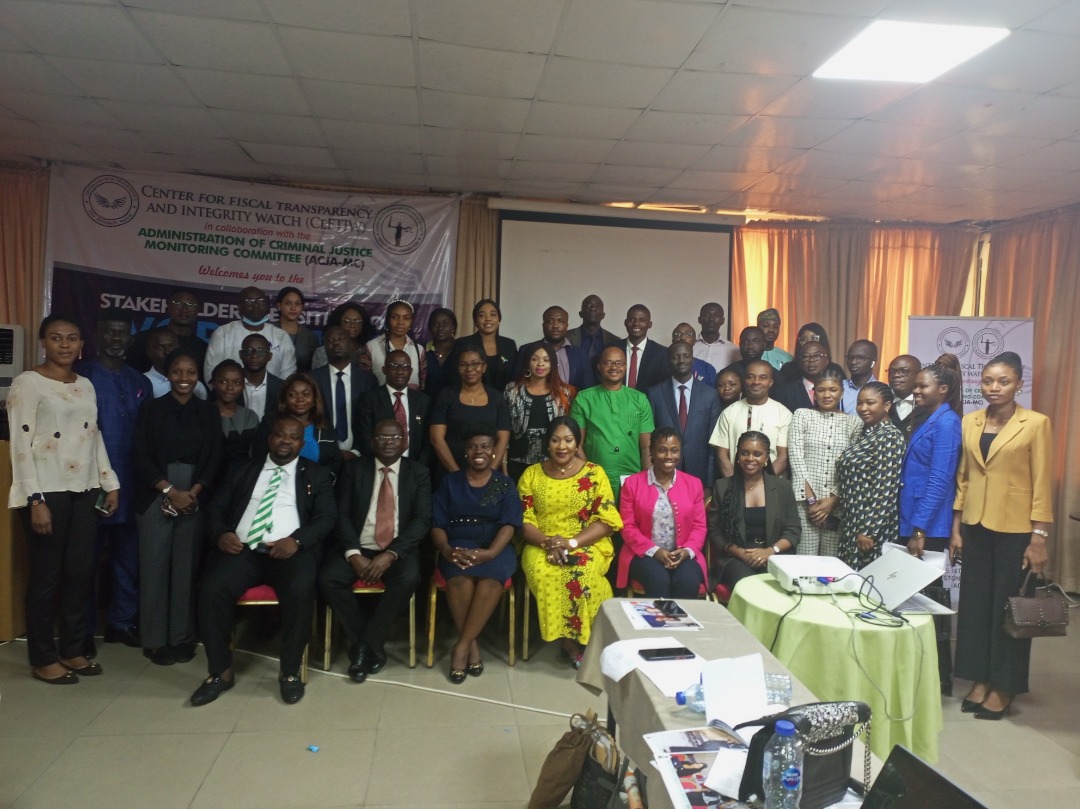
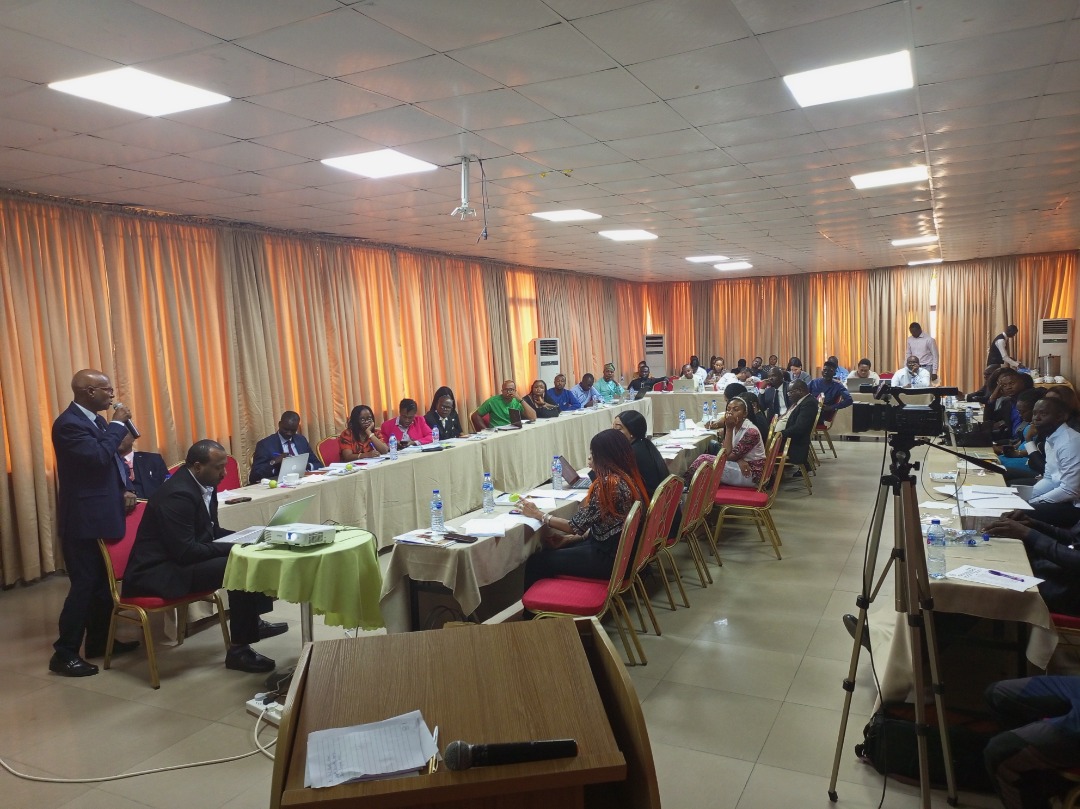
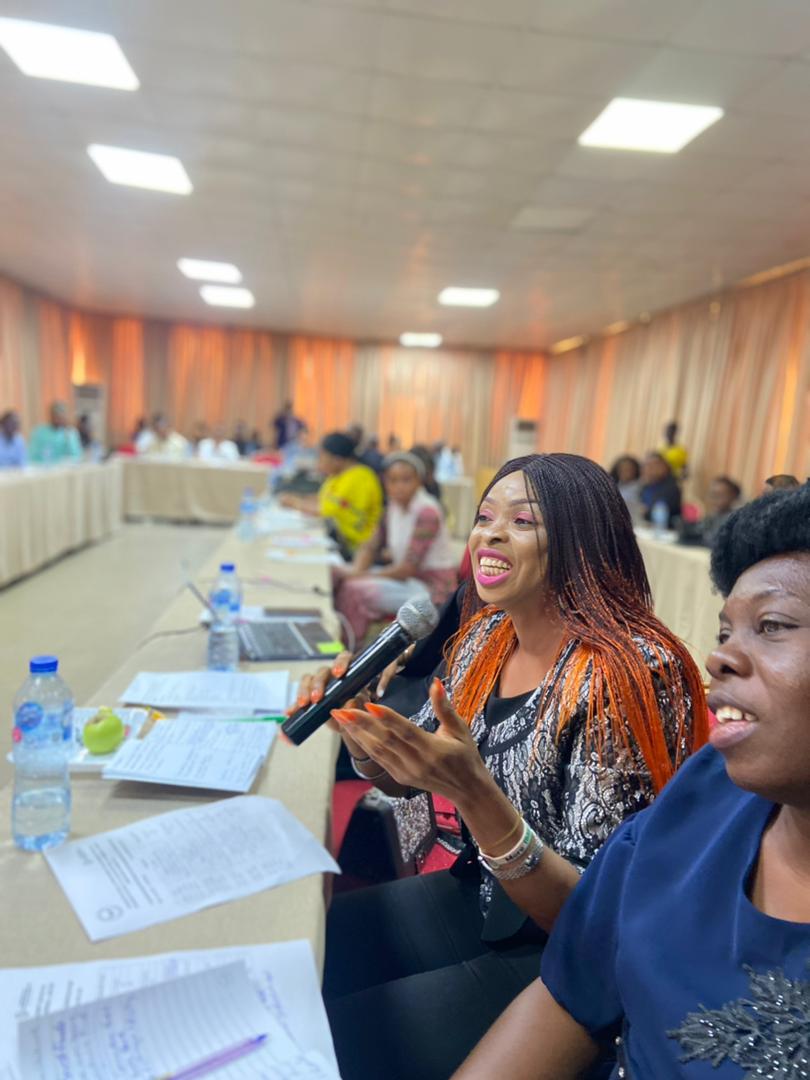
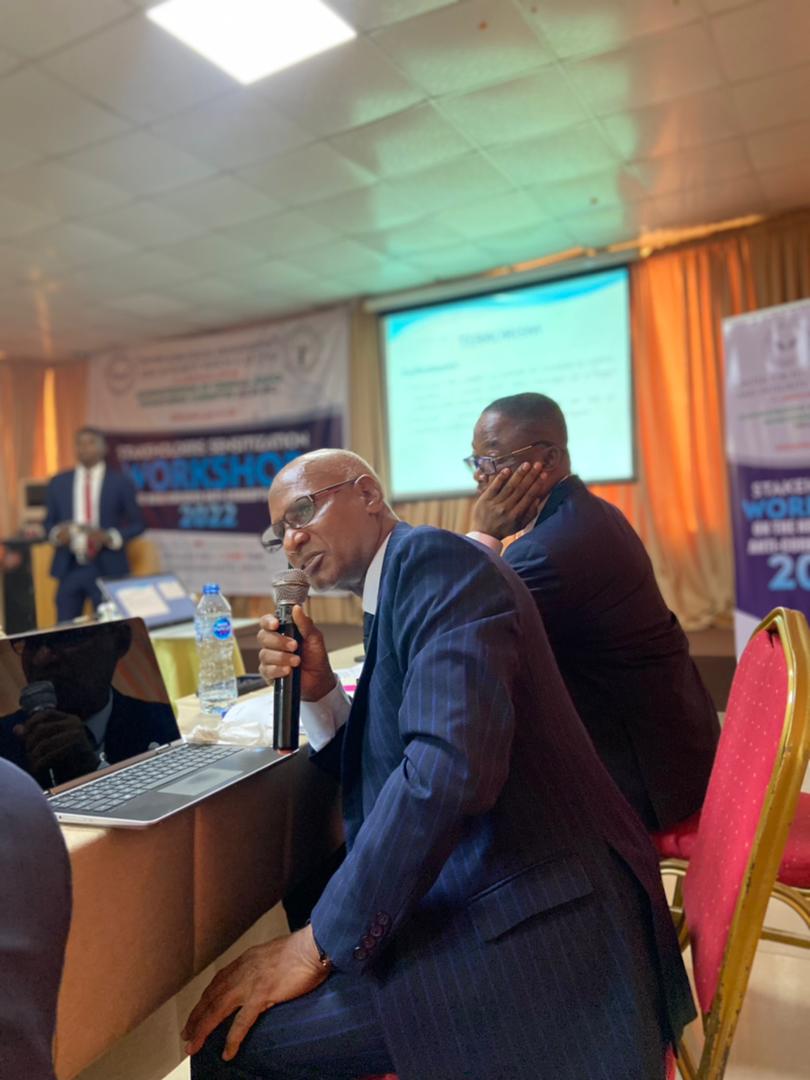
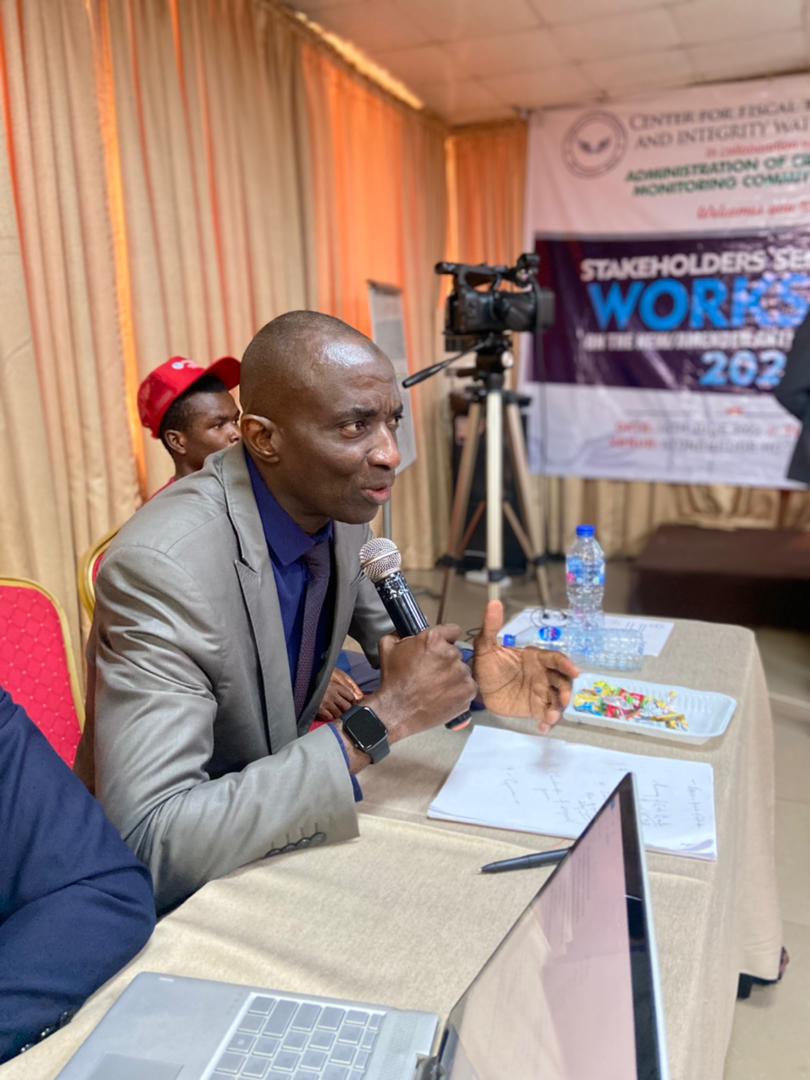
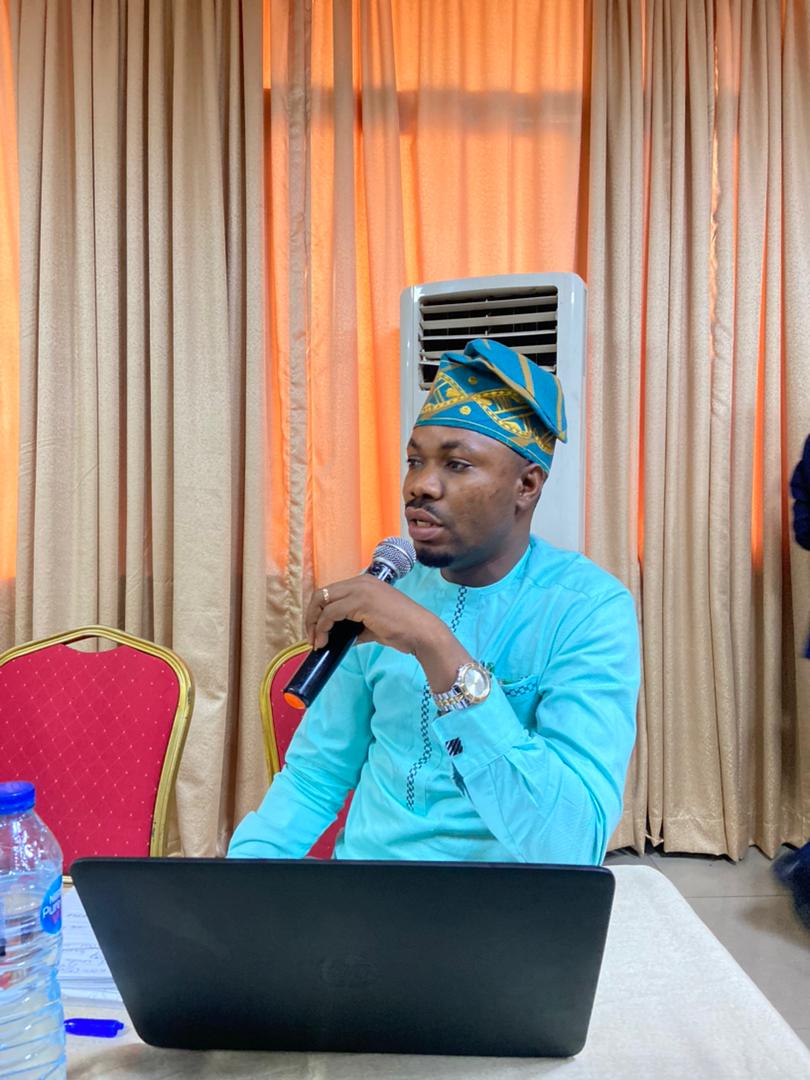
CeFTIW Joins SCDDD at the Inauguration of the Council of Wise
As part of our continuous advocacy and partnership with other Civil Society Organizations (CSOs) to promote good governance, the Center for Fiscal Transparency and Integrity Watch (CeFTIW) was at the Savannah Centre for Diplomacy Democracy and Development’s (SCDDD) inauguration of Council of the Wise and National Dialogue on Leadership Effectiveness and Accountability Dialogue (LEAD) II.
The keynote address delivered by Rev. Fr. George EHUSANI, the Executive Director, Lux Terra Leadership Foundation on the theme: Nigeria and the Challenge of Unity: Beyond the 2023 Elections can be accessed here: https://bit.ly/3O2A4QJ
The Center remain committed to promoting transparency and accountability in governance, especially, through our Electoral Financing project, which monitors the sources of political parties funding, and advocate against the monetisation of the nation’s democratic processes.
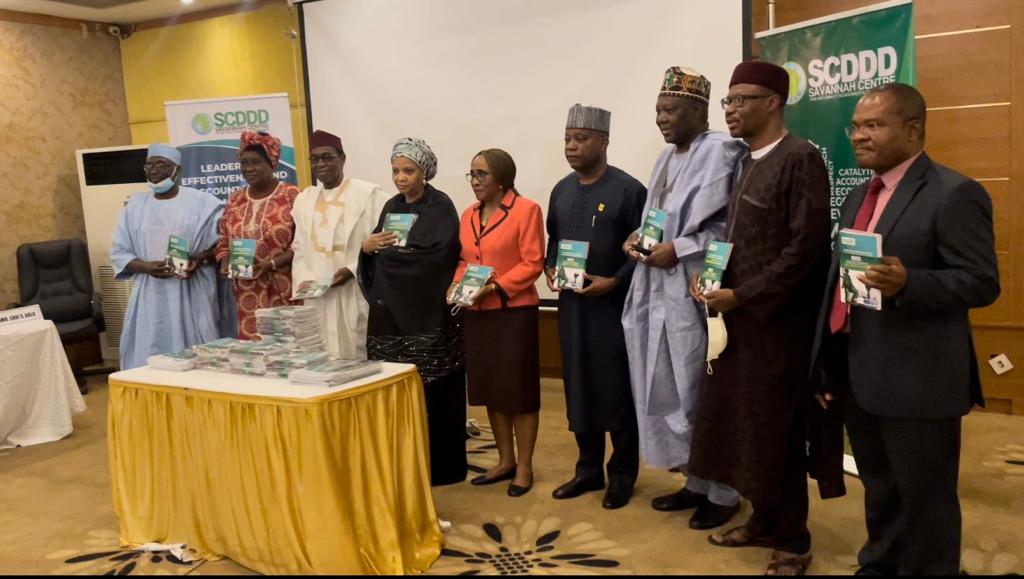
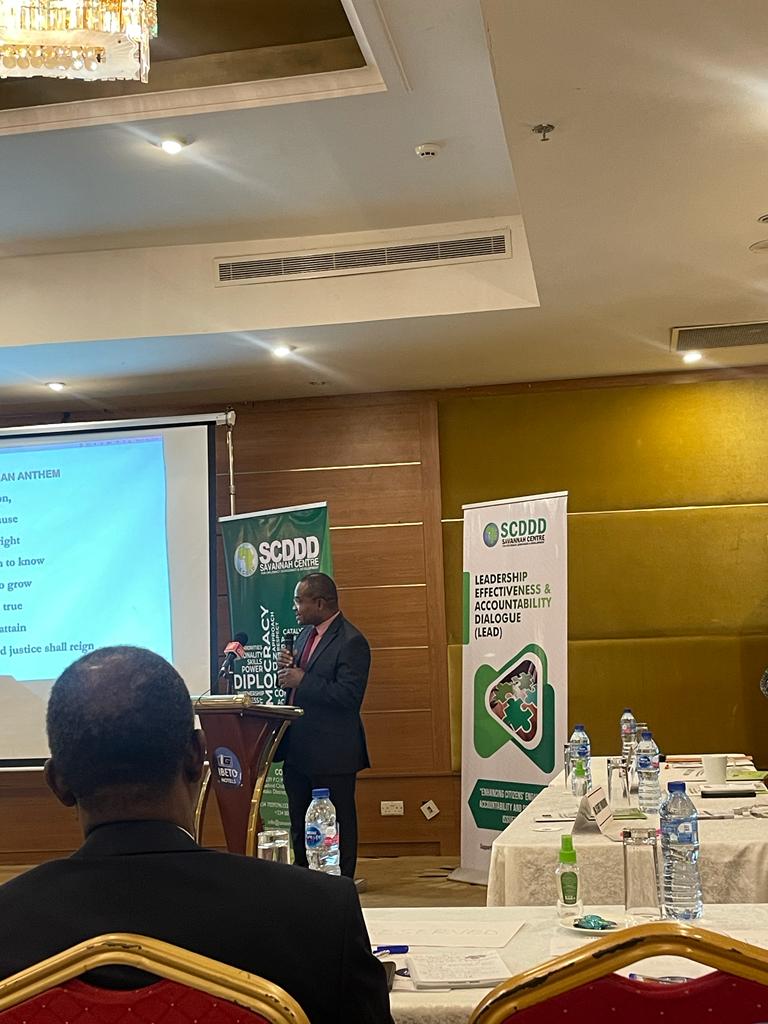

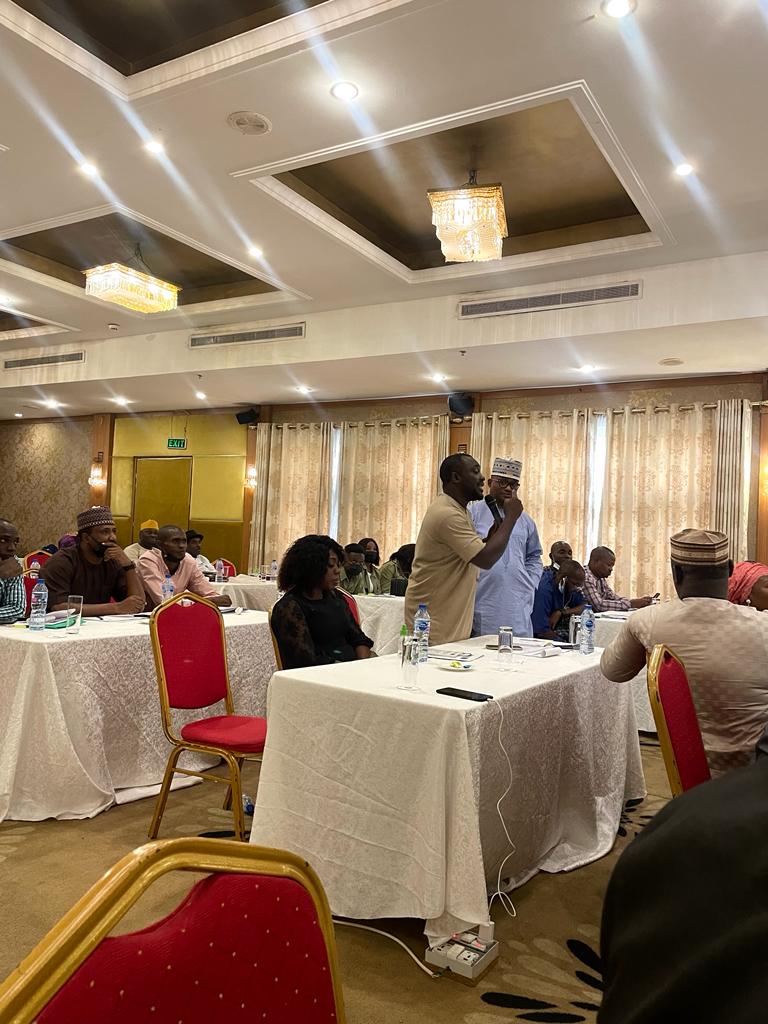
CeFTIW, CJID Commit to Promoting Transparency, Accountability in Public Sector
In line with the strategic roles of the Center for Fiscal Transparency and Integrity Watch (CeFTIW) and the Center for Journalism Innovation (CJID), the organizations have committed to strengthening existing relationship toward promoting transparency and accountability in the nation’s public service.
The organizations made this commitment during a courtesy call led by the Executive Director of the Center, Yakubu Umar, to the CJID.
Umar explained that partnership with the CJID will enhance the efficiency of the Center’s advocacies and the deployment of technological solutions toward promoting a culture of transparency and accountability in the nation’s public sector.
Responding, the acting Executive Director of CJID, Tobi Oluwatola, underscored the need for institutional partnership and pledged to work with the Center to improve the accountability value chain, primarily through media and journalism.
Oluwatola also promised to provide media resources and support to amplify issues of transparency and accountability in the public service in line with the organization’s mission to “improve governance, promote a community of informed citizenry, and entrench democratic accountability.”
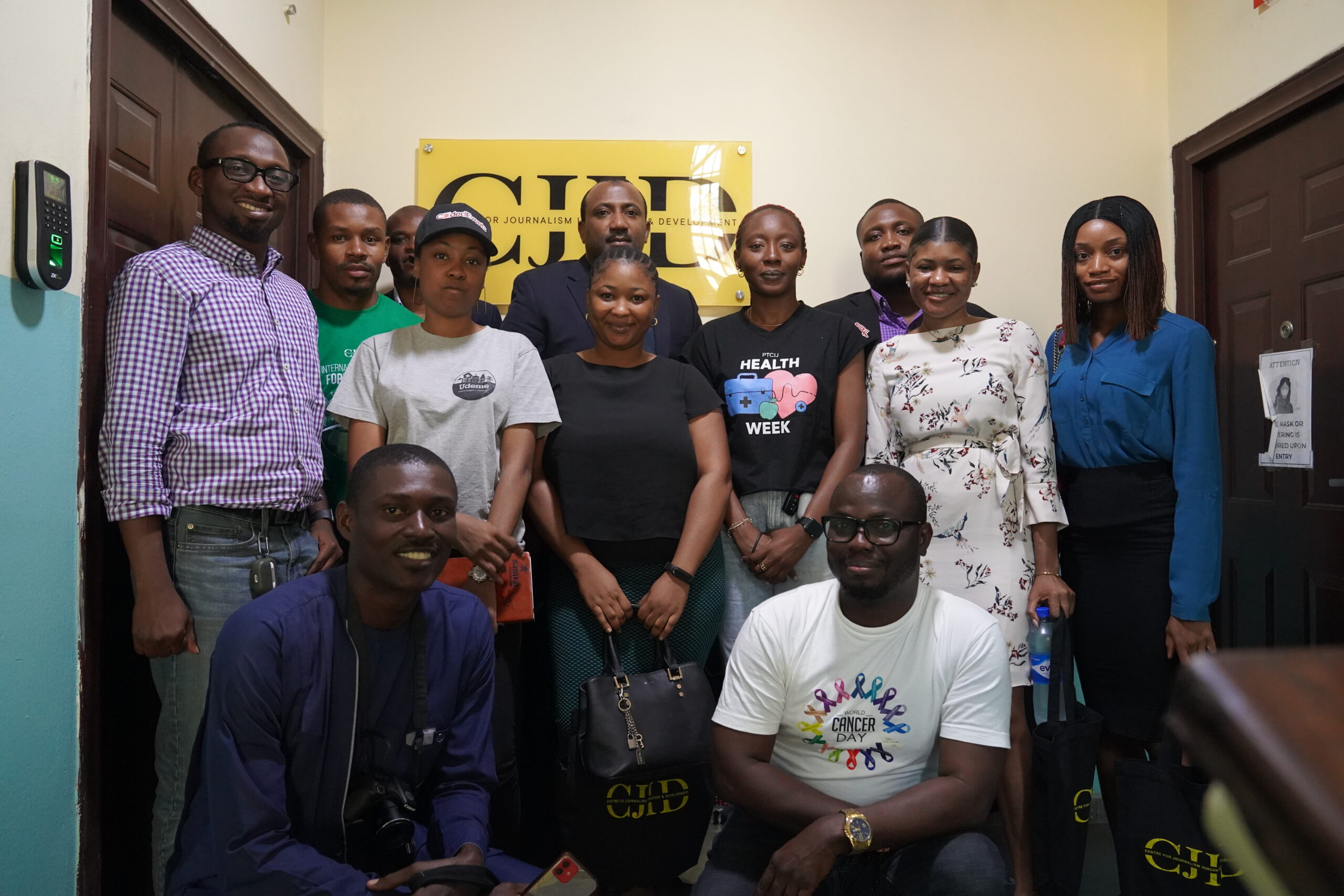
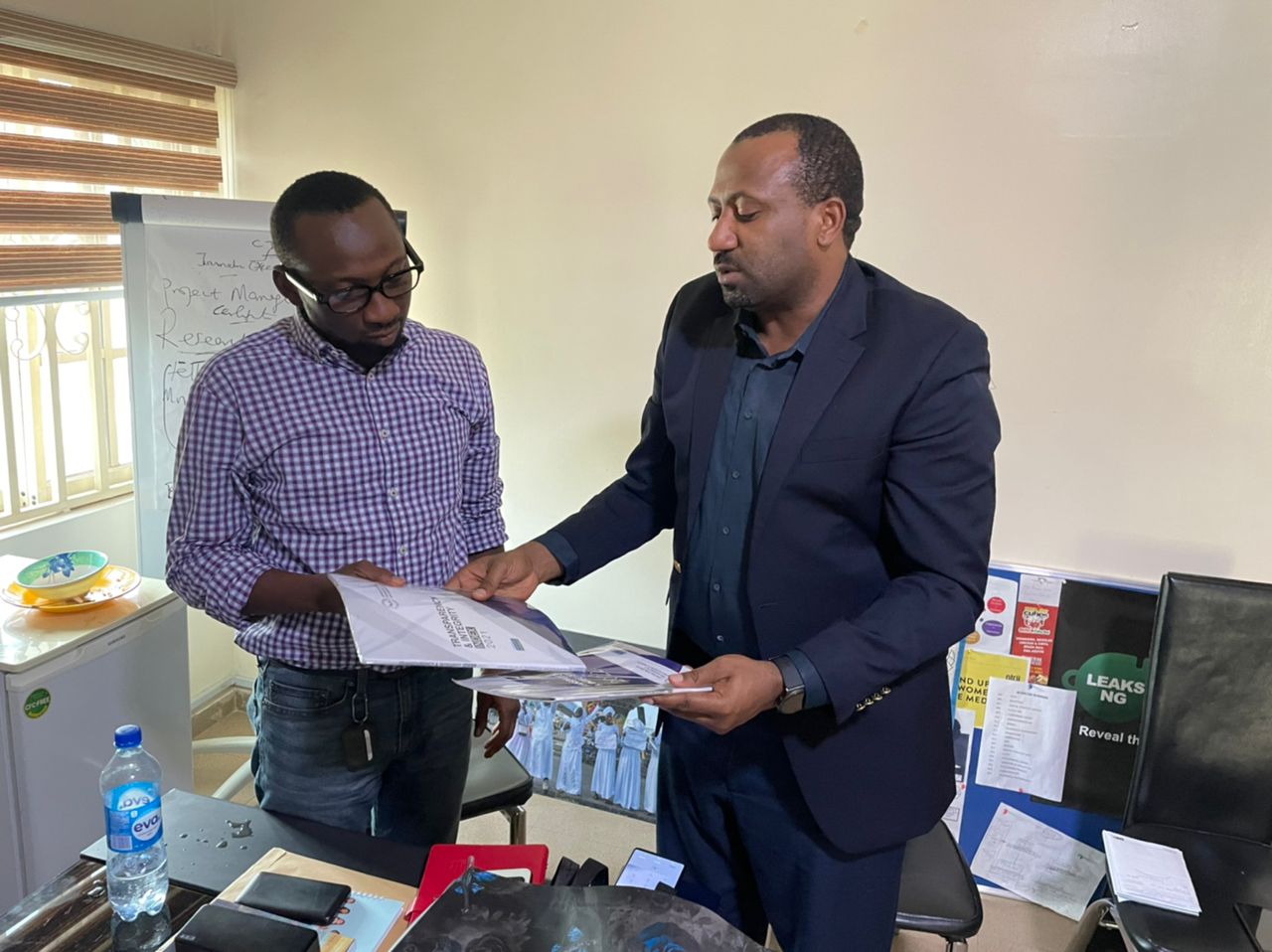
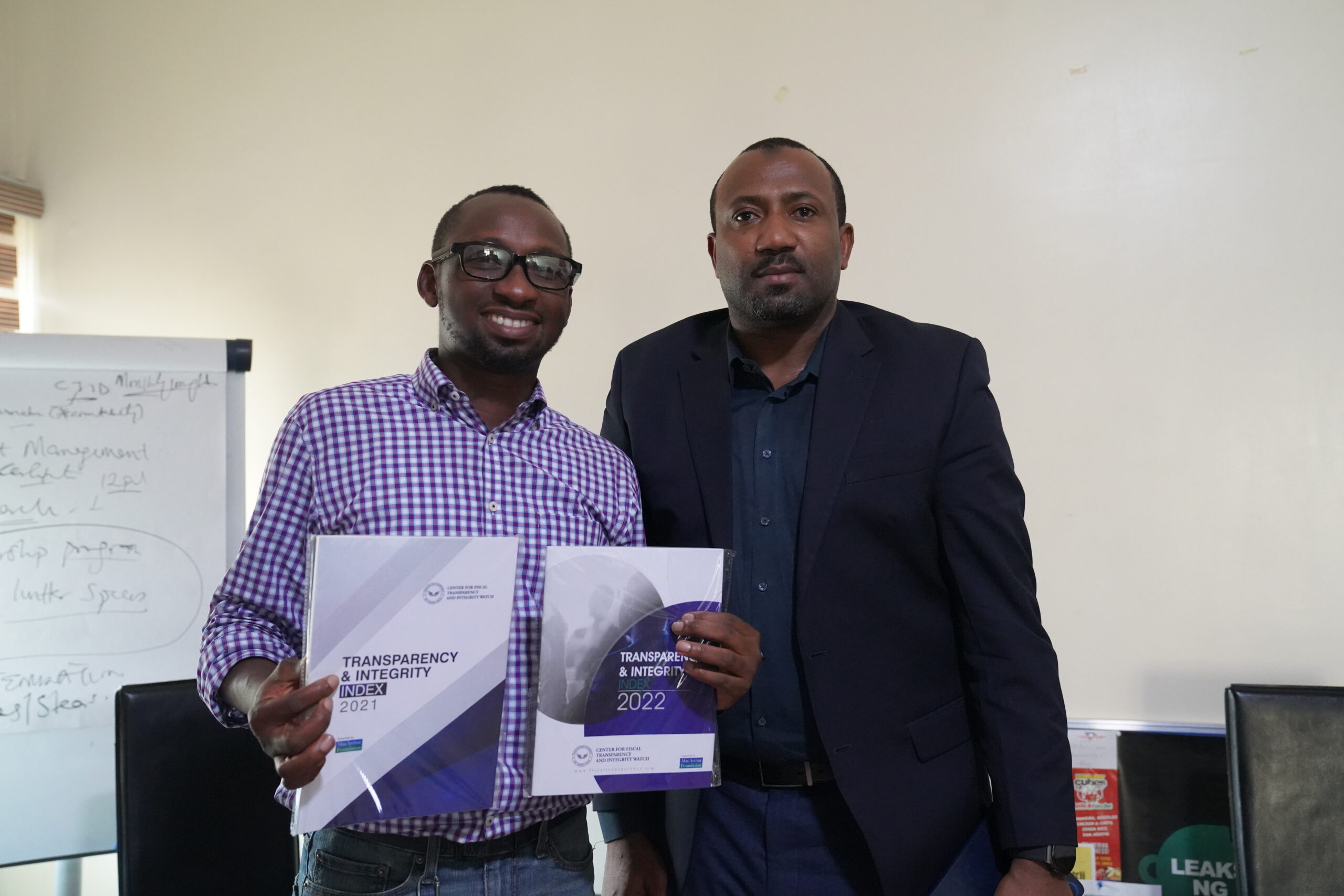
CeFTIW Provides Training on Anti-Money Laundering and Terrorism Financing
In line with its anticorruption advocacy, the Executive Director of the Centre for Fiscal transparency & Integrity Watch (CeFTIW), Umar Yakubu has provided training on anti-money laundering and terrorism financing.
The event organized by the Chartered Institute of Bankers of Nigeria was to equip staff of financial institutions, regulatory agencies and law enforcement agencies with skillsets for identifying and curbing Money Laundering and Financing of Terrorism (ML/FT) risks in the financial sector, and saw participants from the Central Bank of Nigeria (CBN), the Independent Corrupt Practices Commission (ICPC), Deposit Money Banks and Legal Practitioners.
In one of his presentations titled: “Understanding Suspicious Transaction Report”, Yakubu emphasized the need for participants to understand relevant legal frameworks that regulate ML/FT. He cited Section 6 of the Money Laundering (Prohibition) Act 2011 (as amended), Section 14- Terrorism Prevention Act 2013 (as amended), and the Federal Ministry of Industry Trade and Investment Regulations for DNFI, 2013, as relevant sections of laws for regulating and mitigating ML/FT risks.
He urged participants to pay more attention and comply with measures such as “Know Your Customer (KYC), Customer Due Diligence (CDD), and Enhanced Due Diligence (EDD),” saying that these measures are vital in detecting ML/FT cues.
Also presenting on “Indicators and Red Flags to Suspicious Transactions and Activities,” Yakubu demonstrated how proceeds of crime are laundered and layered into the financial systems legitimately, as participants also shared personal experiences.
While calling on the CBN to improve its oversight functions to ensure strict compliance with measures, stakeholders are enjoined to explore new techniques for combating ML/FT, as launderers have also devised measures to outsmart the system, including the use of the Hawala method, friends and family, law firms, investment in properties, Non-Government Organizations, POS ventures, cryptocurrencies, capital market, among others.
The workshop also observed that there is a weak operational relationship between the CBN, other regulatory agencies, and the financial institutions, which has continued to stifle the progress of the ML/FT regulations and called for inter-agency collaboration and synergy to harmonize the fight against ML/FT.
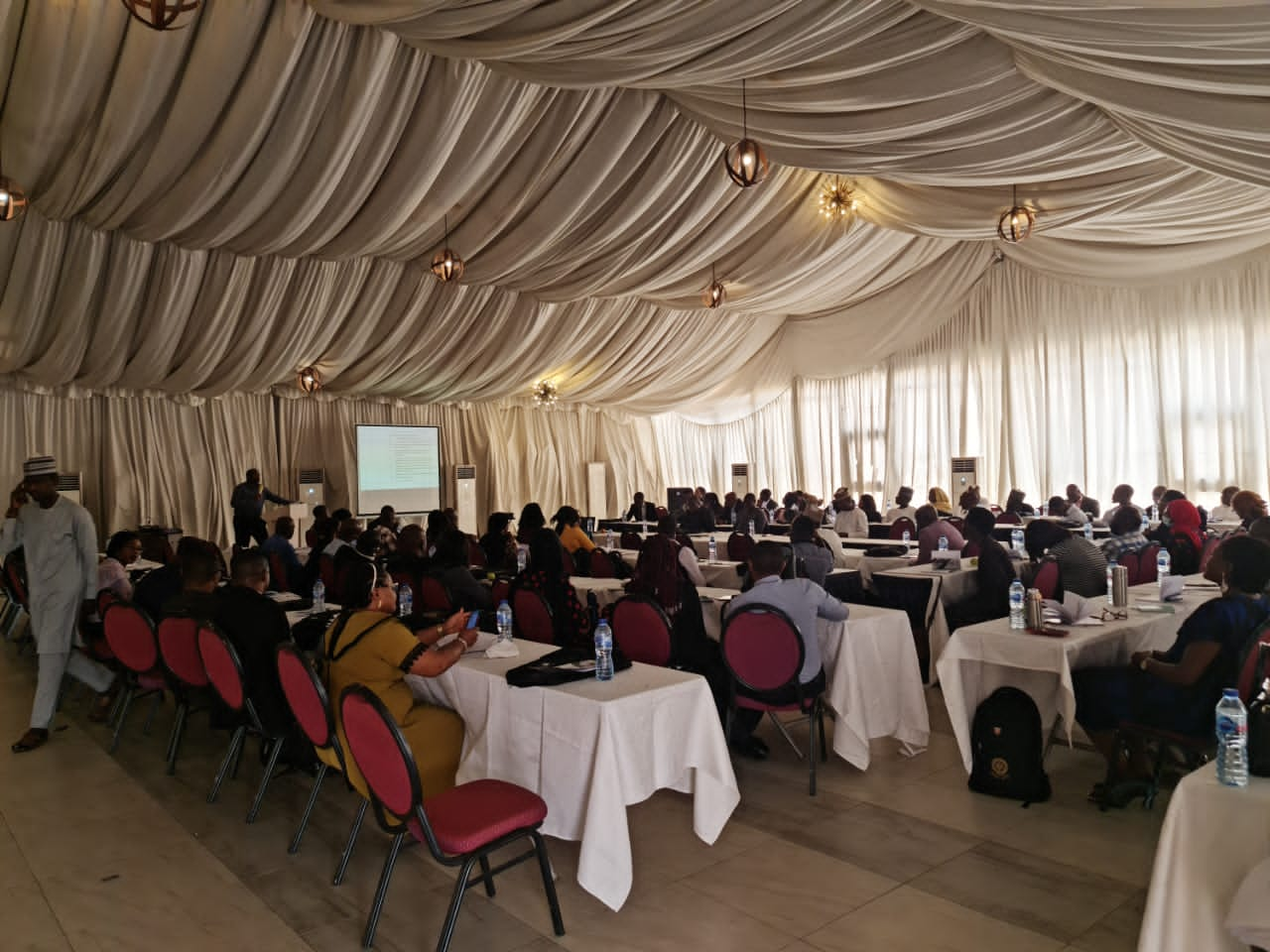
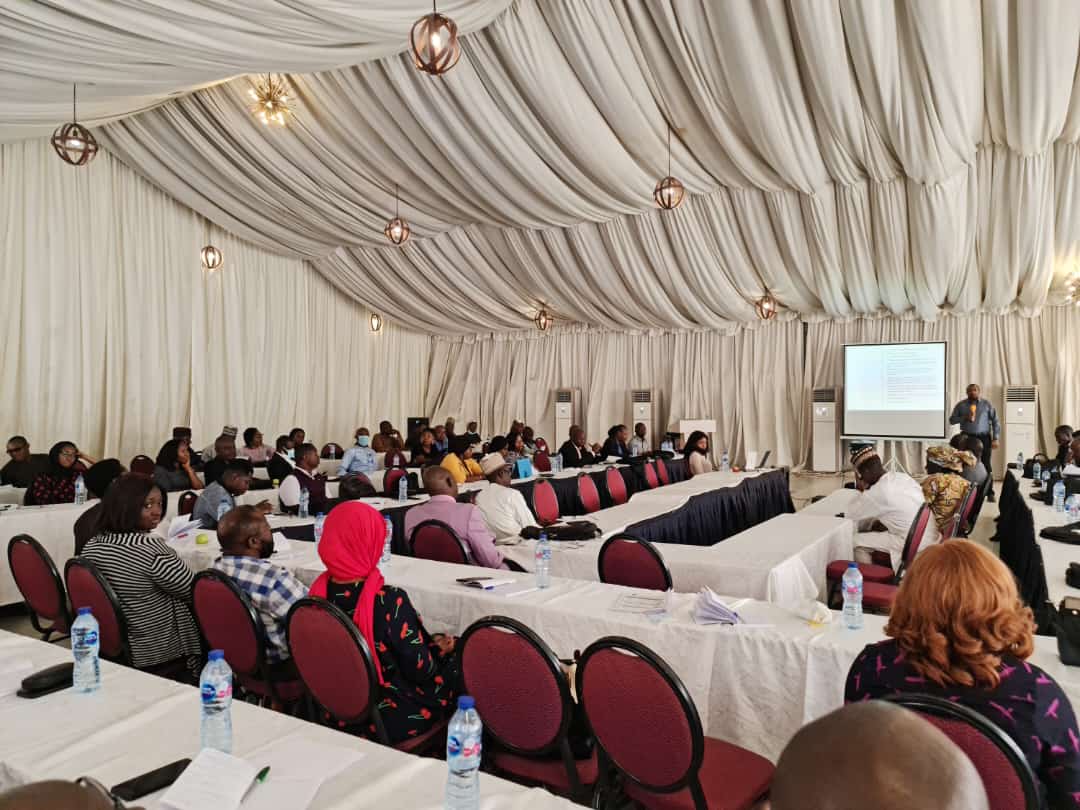
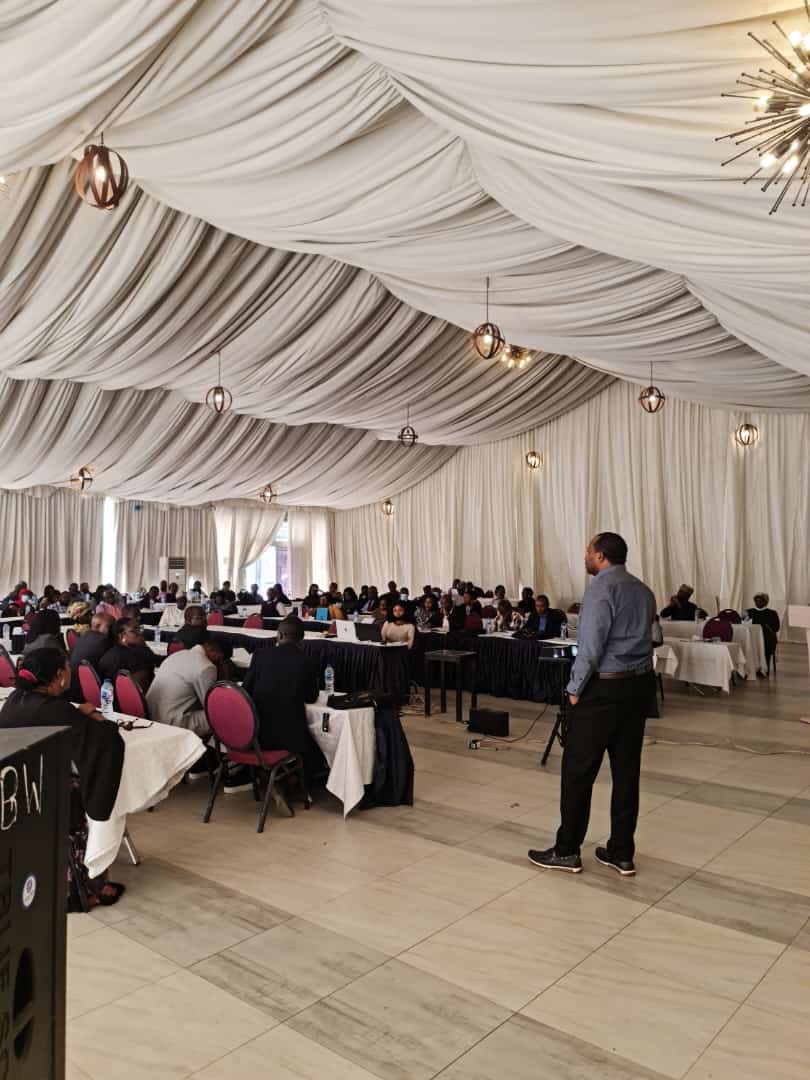
Transparency and Accountability on Campaign Spending: CeFTIW Takes Advocacy to INEC
In the wake of the recently signed electoral law which saw an increase in campaign spending for political office aspirants, the Centre for Fiscal Transparency and Integrity Watch (CeFTIW) is urging INEC to monitor the sources of electoral campaign funds, while also advocating for a prudent and regulated use of money in politics.
During the courtesy call on the Commission, the CeFTIW team led by the Chairman, Board of Trustees, Ifeyinwa Angela Nworgu, was received by Prof. Kunle Ajayi, Honourable Commissioner, Election and Party Monitoring Committee, (EPMC), and the Center committed to supporting the electoral umpire with data and advocacies towards ensuring transparency in sources of funding for political office aspirants.
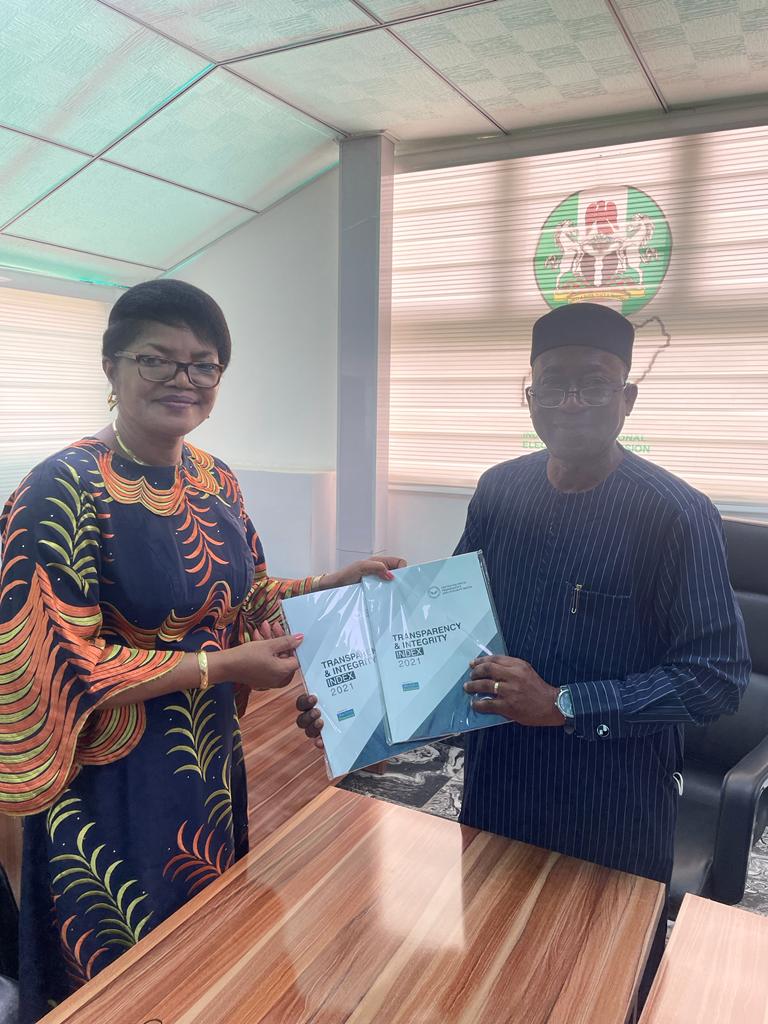
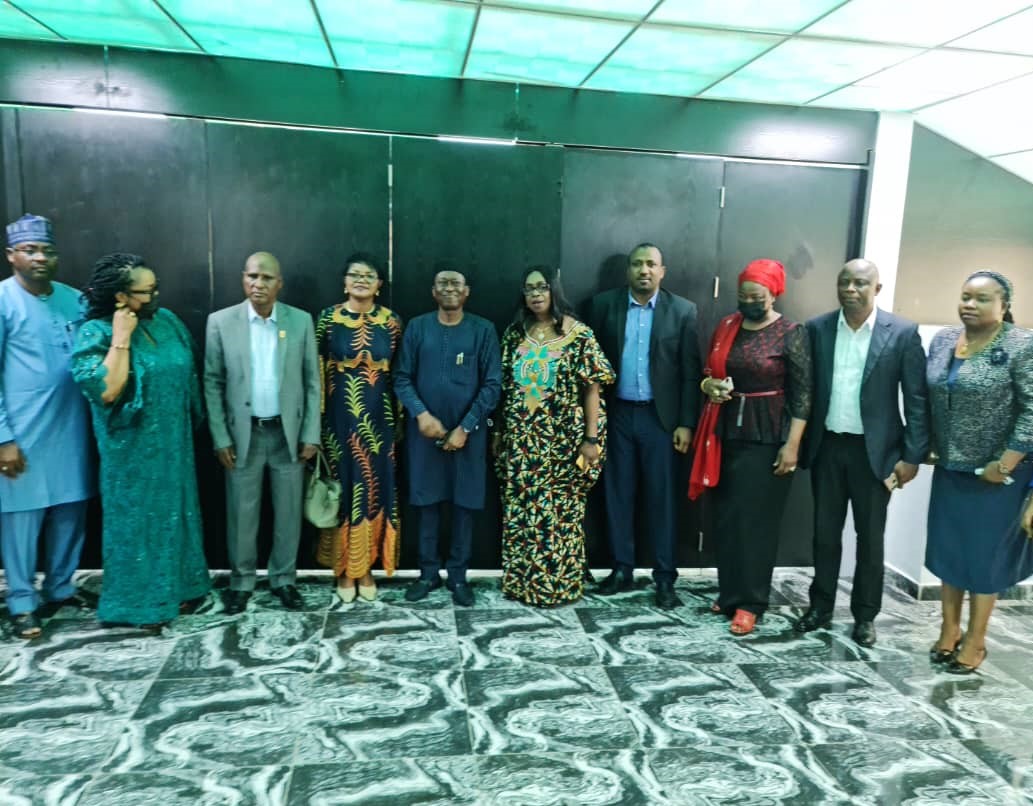
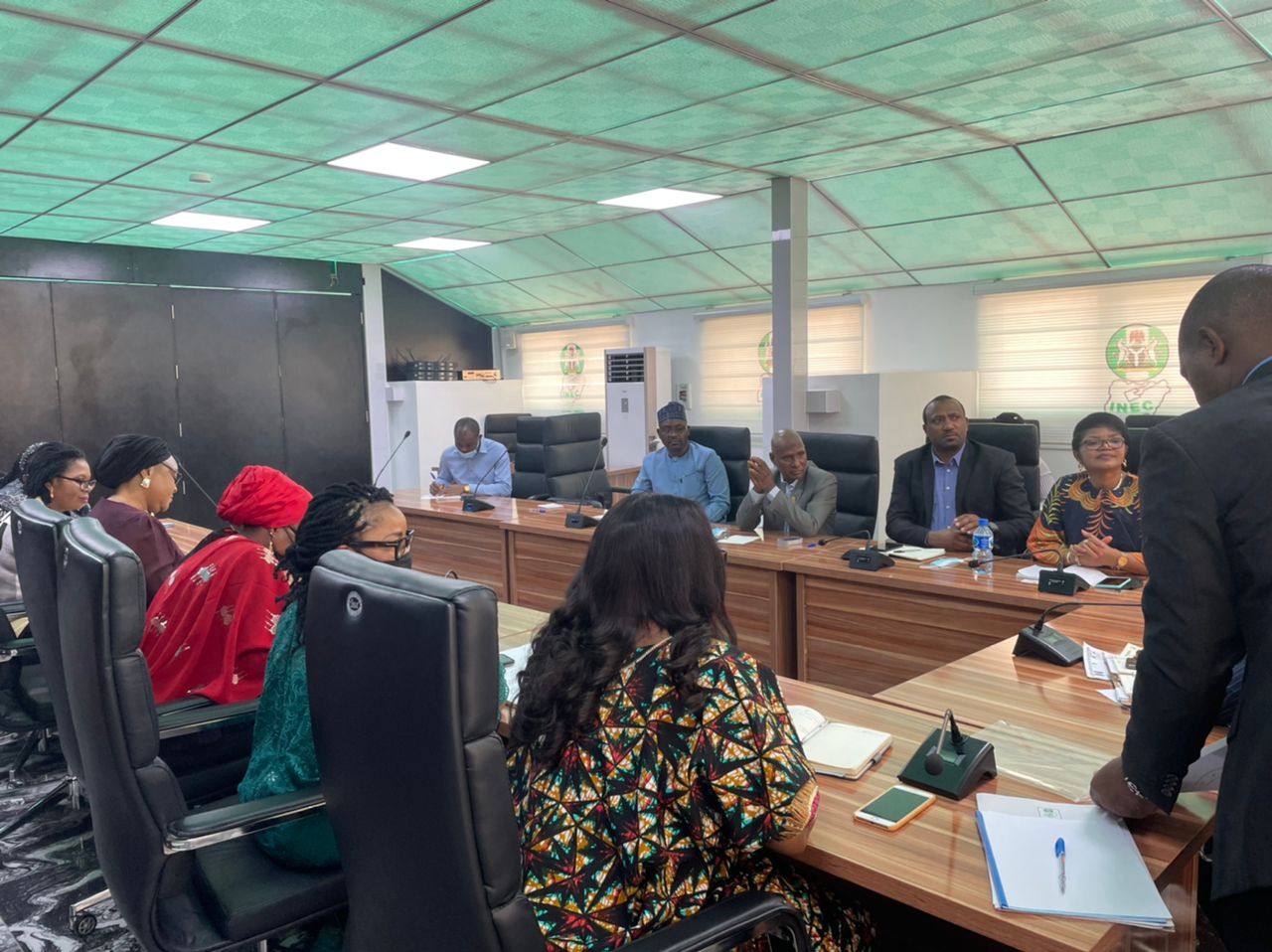
Public Hearing on a Bill for an Act to Amend the Bank Employees, etc (Declaration of Assets) Act 2004
On the 24th February 2022, the Center for Fiscal Transparency and Integrity watch was in attendance at the public hearing on the Bill for an Act to amend the Bank Employees, etc. (Declaration of Assets) Act 2004. The Public hearing was conducted to seek necessary review and inputs from bankers, anti-graft agencies, stakeholders, CSO, and the general public on a Bill to amend the Bank Employees Declaration of Assets.
The hearing was well attended by the Ministries, Departments, and Agencies. Among the institutions represented are the Public Complaints Commission, Central Bank of Nigeria, Economic and Financial Crimes Commission (EFCC), Body of Bankers, Association of Banks CSOs, Association of Banks Legal Advisers, Office of the Secretary to the Government of the Federation, Code of Conduct Tribunal, Code of Conduct Bureau, the Federal Ministry of Justice, Federal Mortgage Bank, and the Labour Congress among others.
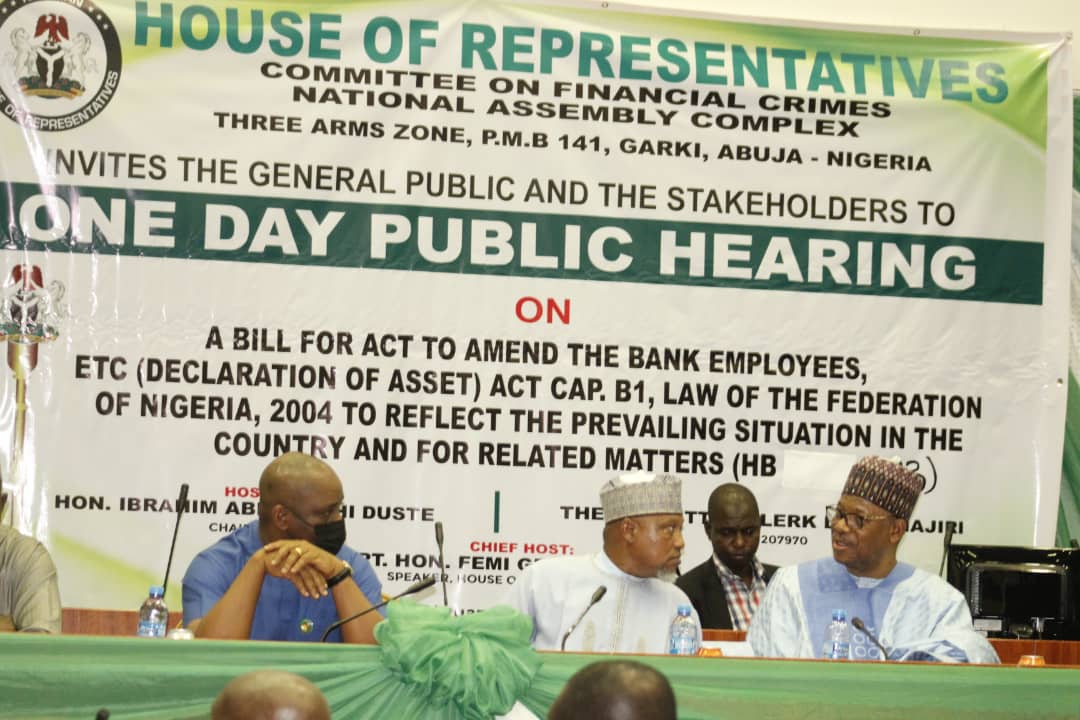
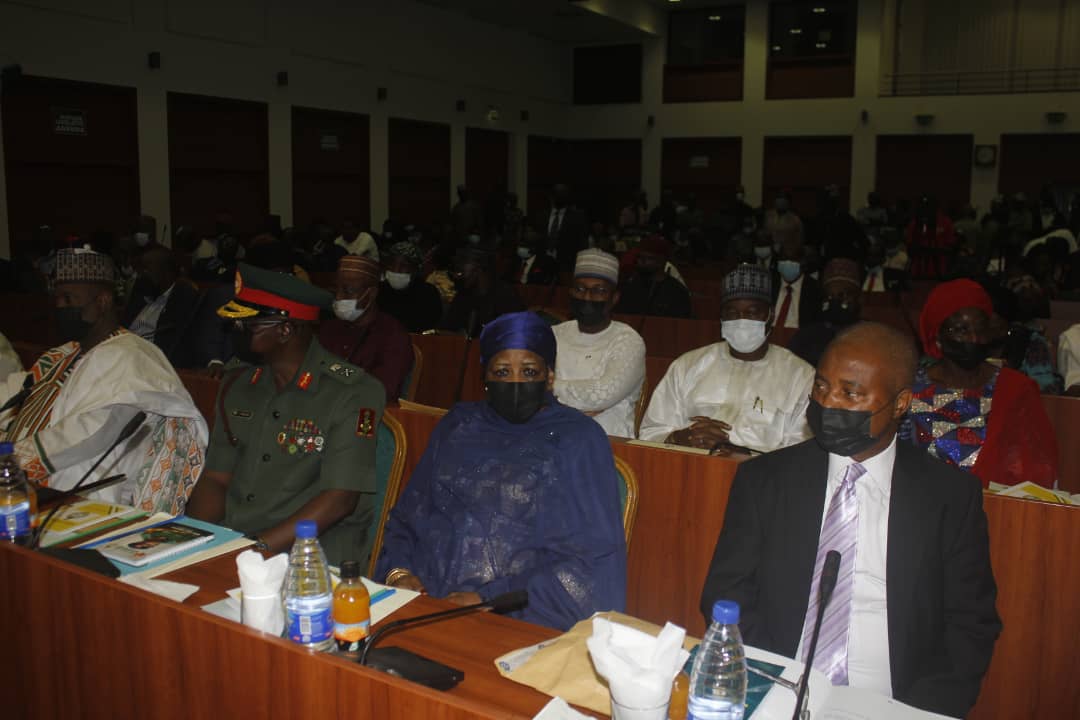
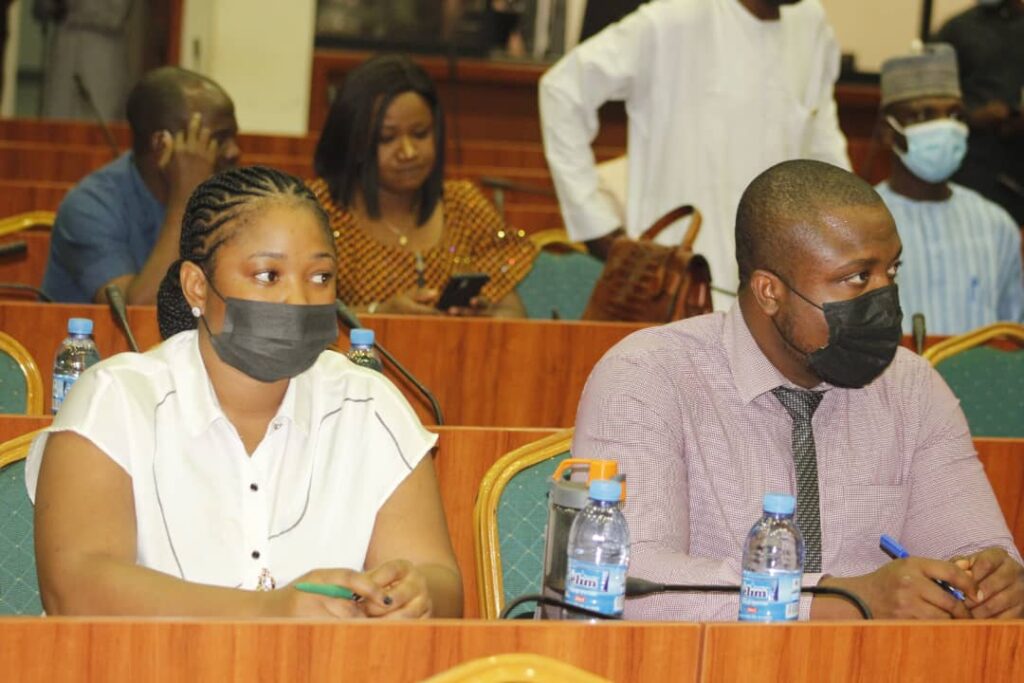
Public Hearing on the Money Laundering, Proceeds of Crime and Public Complaints Commission Bills with the Joint Senate Committee on Anti-corruption and Financial Crimes, Judiciary, Human Rights, and Legal Matters; Ethics, Privileges and Public Petitions
The Executive Director, Center for Fiscal Transparency and Integrity watch (CeFTIW) Umar Yakubu alongside other CSOs and Stakeholders during the Senate Committee on Anti-corruption and Financial Crimes, Judiciary and Human Rights, Legal Matters; and Ethics, Privileges and Public Petitions’ public hearing of the:
I. Money Laundering (Prevention & Prohibition Bill 2021) SB.642
ii. Public Complaint Commission (Repeal & Re-enactment Bill 2022) SB.644
iii. Proceed of Crime (Recovery & Management Bill 2021)SB 645.
The Center made submissions on the proposed bills, pledging that the Center will provide technical support to relevant Committees of the National Assembly to facilitate the passage of the bills.
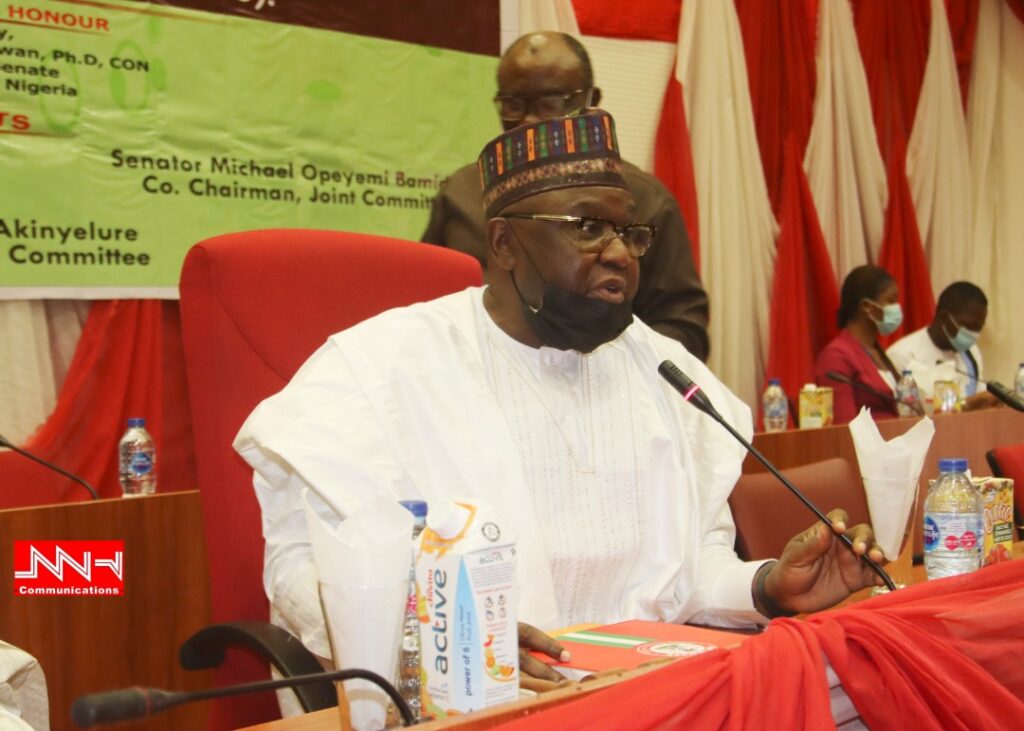
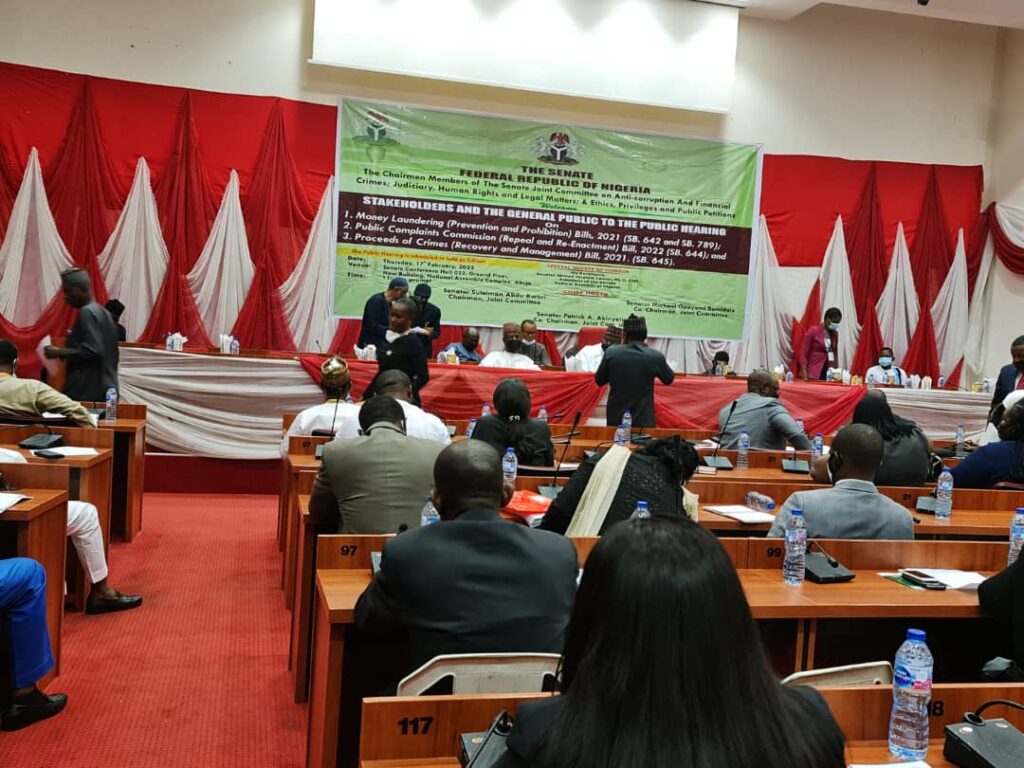
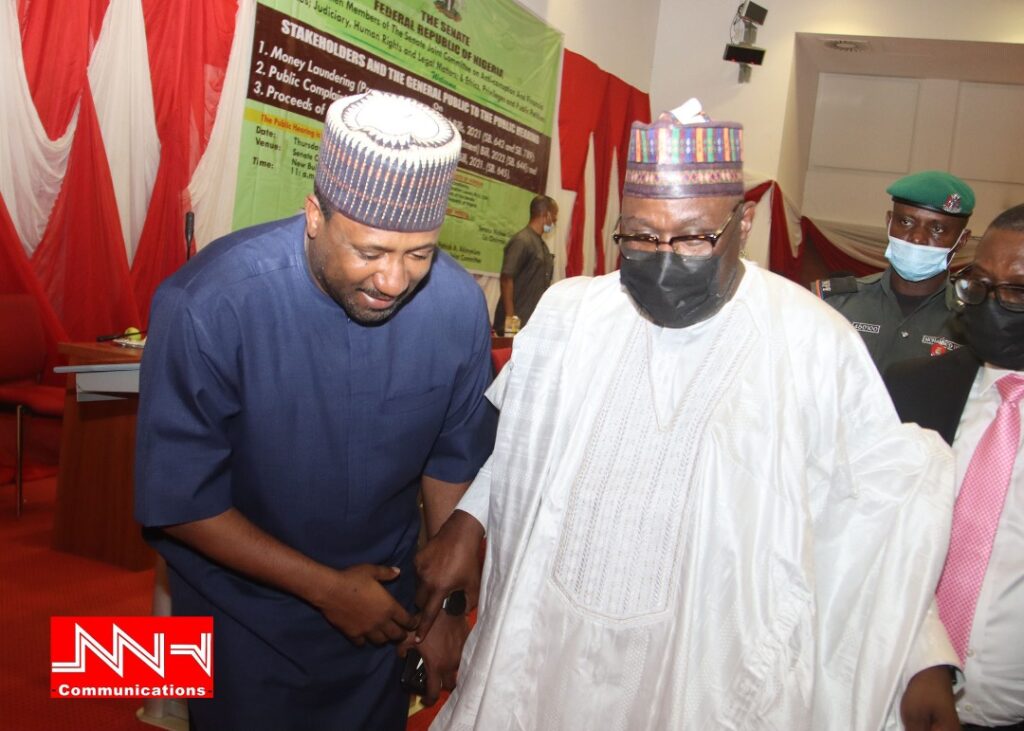
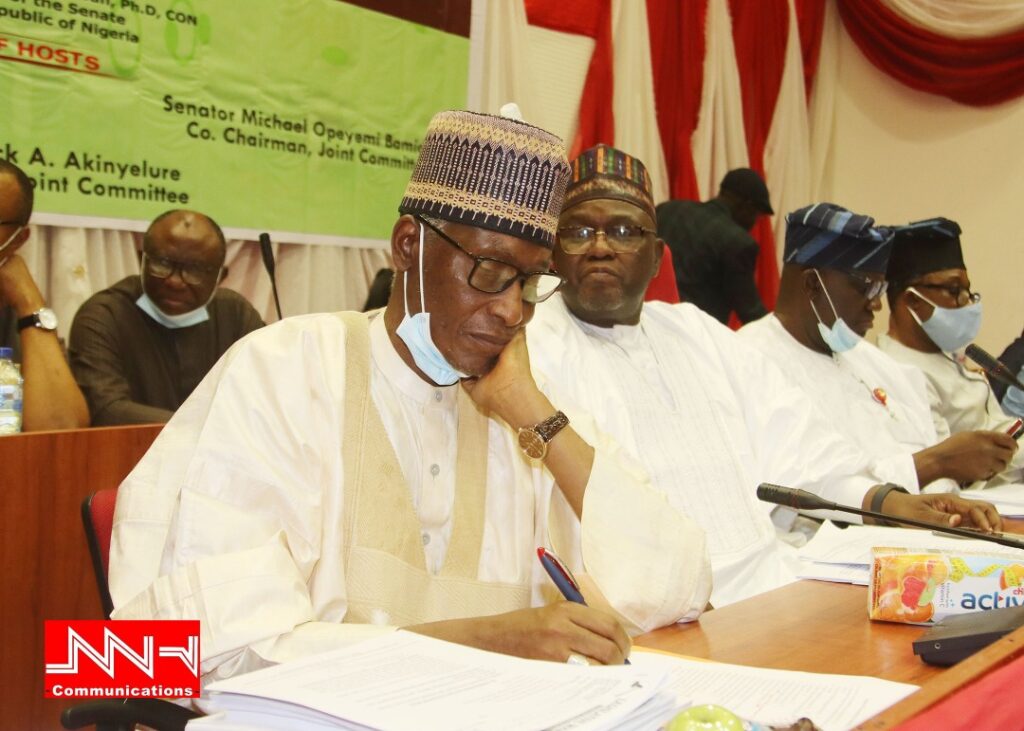
Fight Against Crime: CeFTIW Facilitates Meeting Between National Assembly Members and the Hon. Attorney General of the Federation and Minister of Justice, Abubakar Malami, SAN, for Speedy Passage of Bills
To strengthen institutional frameworks and fight against crime, the Center for Fiscal Transparency and Integrity Watch has facilitated a meeting between the Honourable Attorney General of the Federation and Minister of Justice, Abubakar Malami, SAN and the House Majority leader, Hon. Alhassan Ado Dogowa, alongside Chairmen of key Committees: Hon. Abdullah Ibrahim Dutse -Chairman, House Committee on Financial Crimes; Hon. Shehu Nicholas Garba -Chairman, House Committee on Anti-Corruption; Hon. Abubakar Fulata- House Committee on Rules & Business, for the speedy passage of the following bills:
i.Whistleblower Protection Bill
ii. Public Complaints Commission Bill
ii. Proceeds of Crime Bill
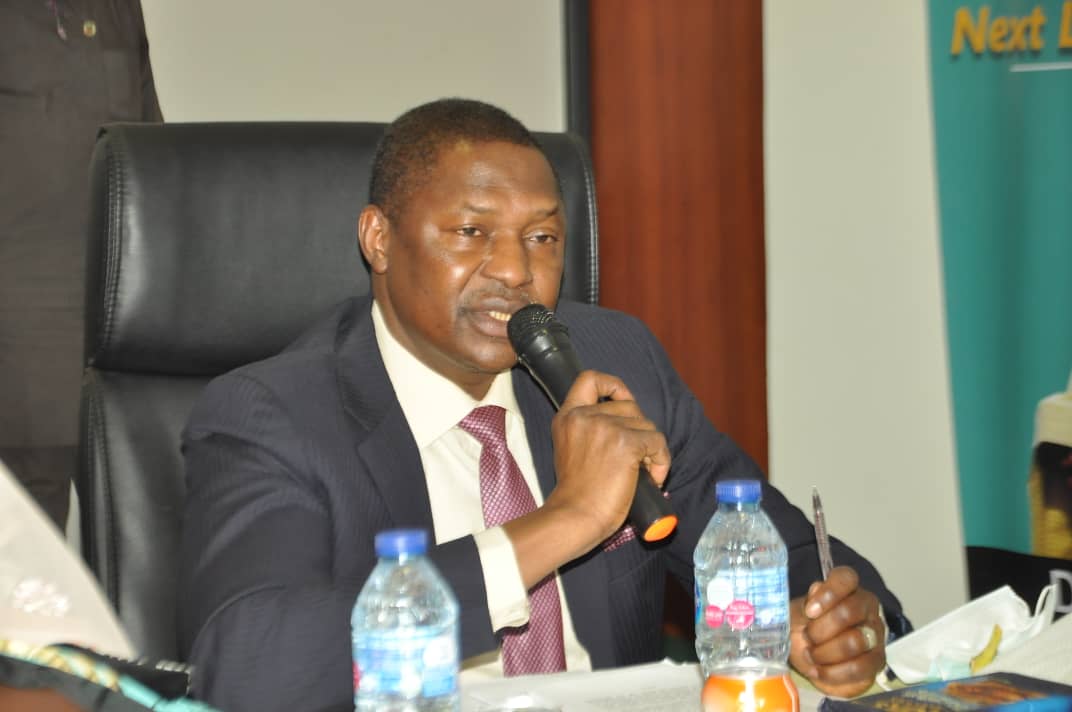
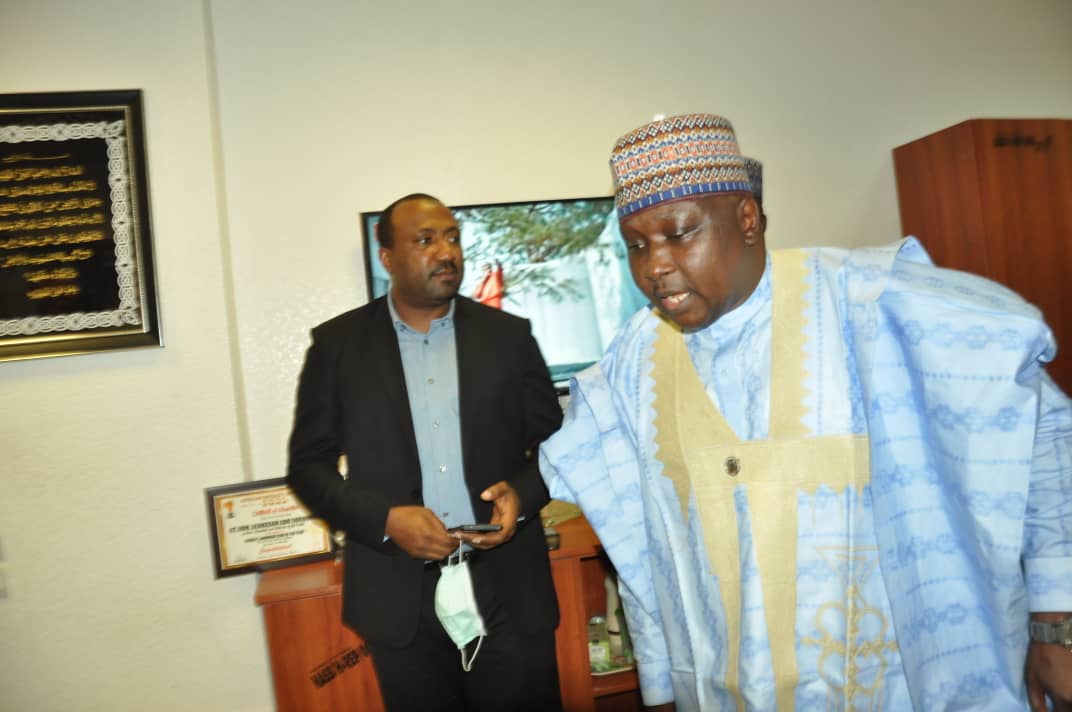
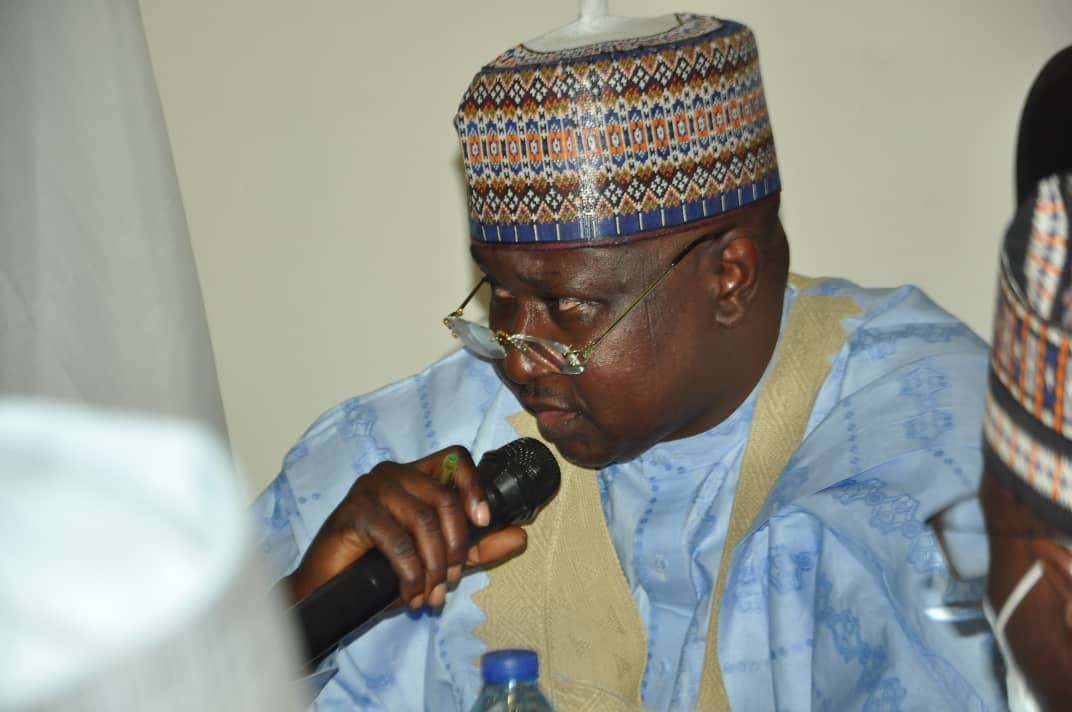
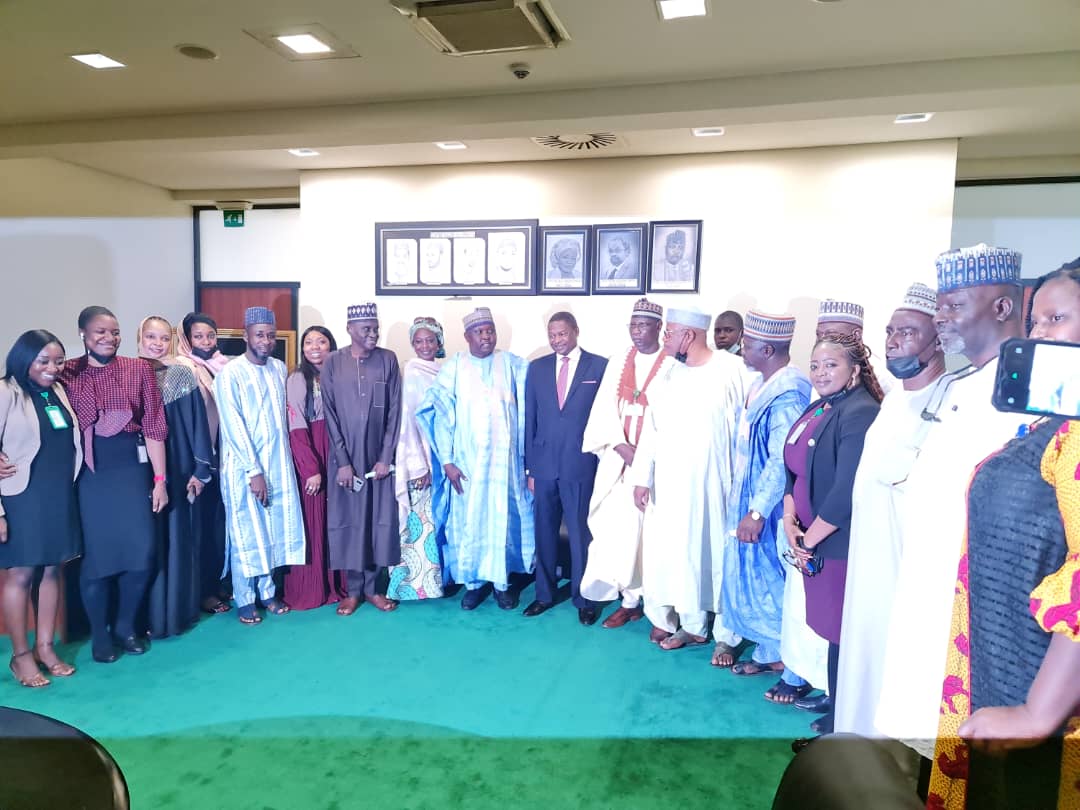
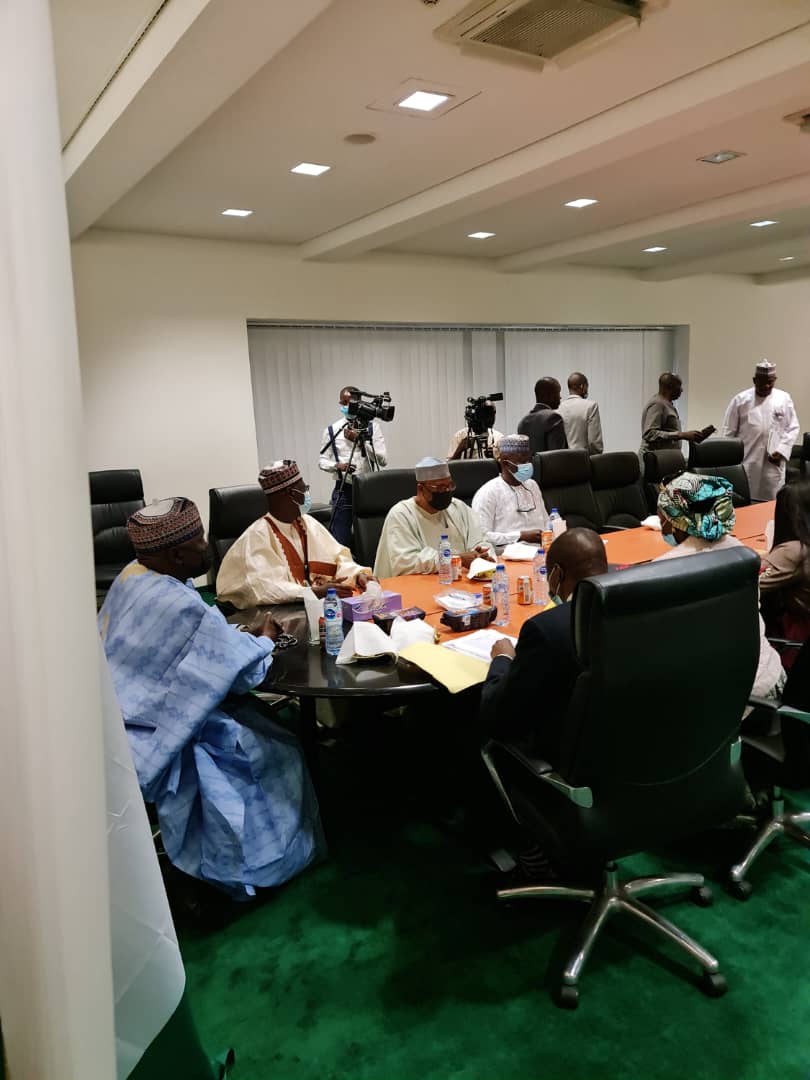
CeFTIW Organizes Inter-School Debate to Commemorate 2021 International Anti-Corruption Day
In Commemoration of the International Anti-Corruption Day, which seeks to highlight the rights and responsibilities of everyone in tackling corruption, the Center for Fiscal Transparency and Integrity Watch in conjunction with Federal Capital Territory (FCT), Secondary Education Board organized an Inter-Secondary School debate competition among selected secondary schools in the FCT Abuja.
The program which started at 9:30 am had in attendance: Mrs. Rashidat Okoduwa, mni. (Former Spokesperson of the ICPC), Mr. Etham Nneoyi, Mrs. Maria Okhilowa, Mrs. Ajibola, and Pastor Kennedy Ozomena of the Secondary Education Board (FCT-SEB), teachers and students from different schools in the FCT.
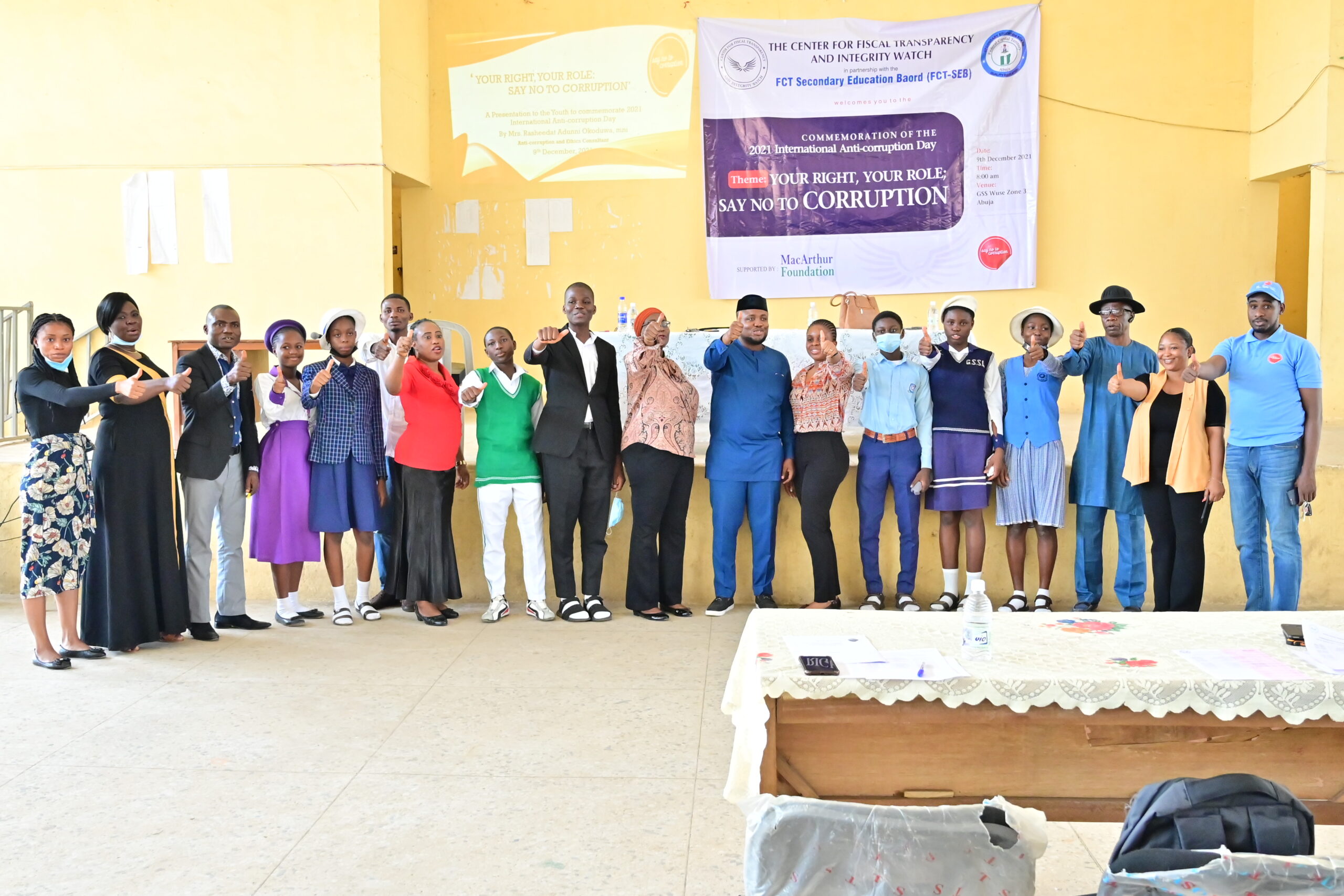
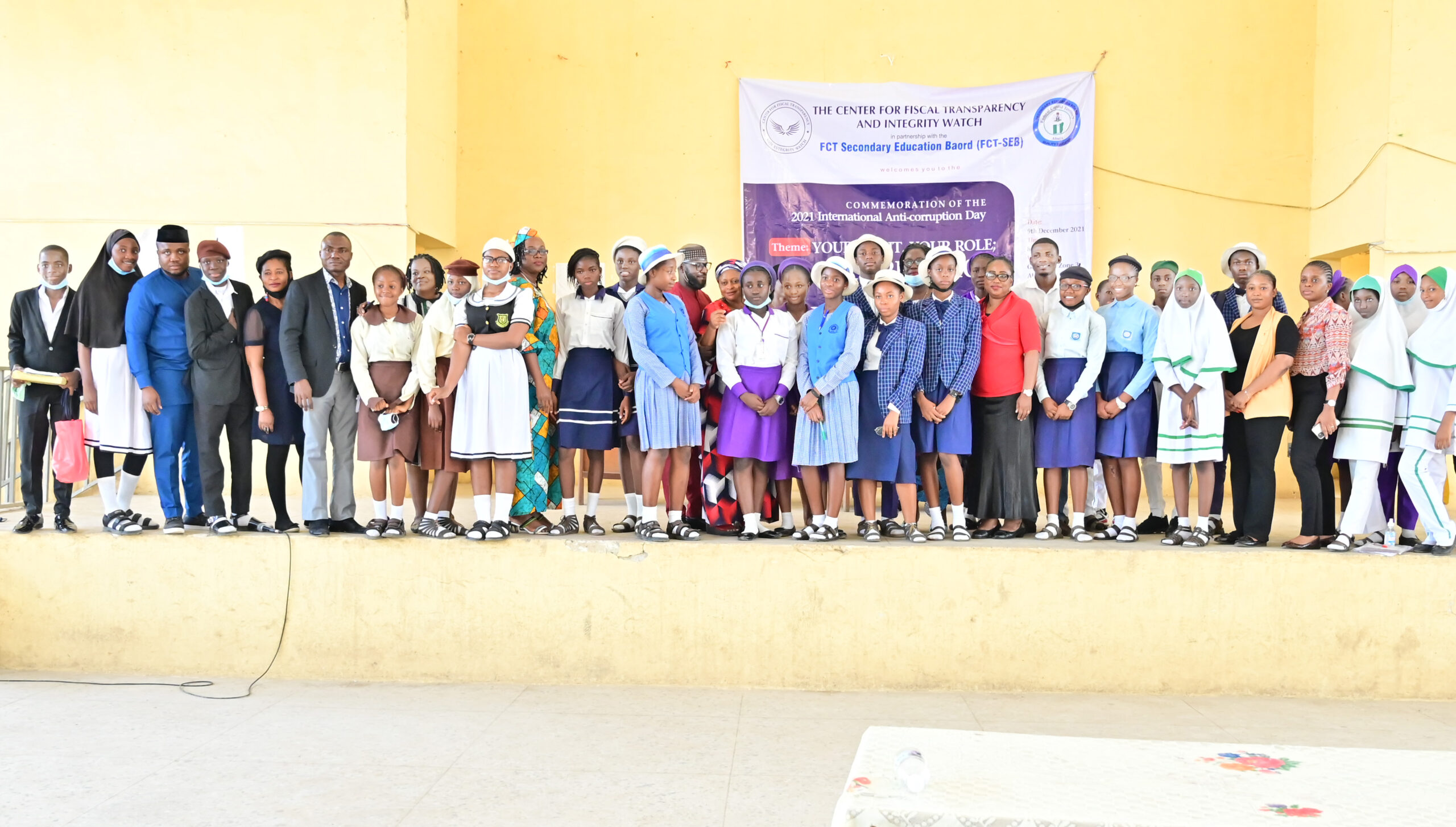
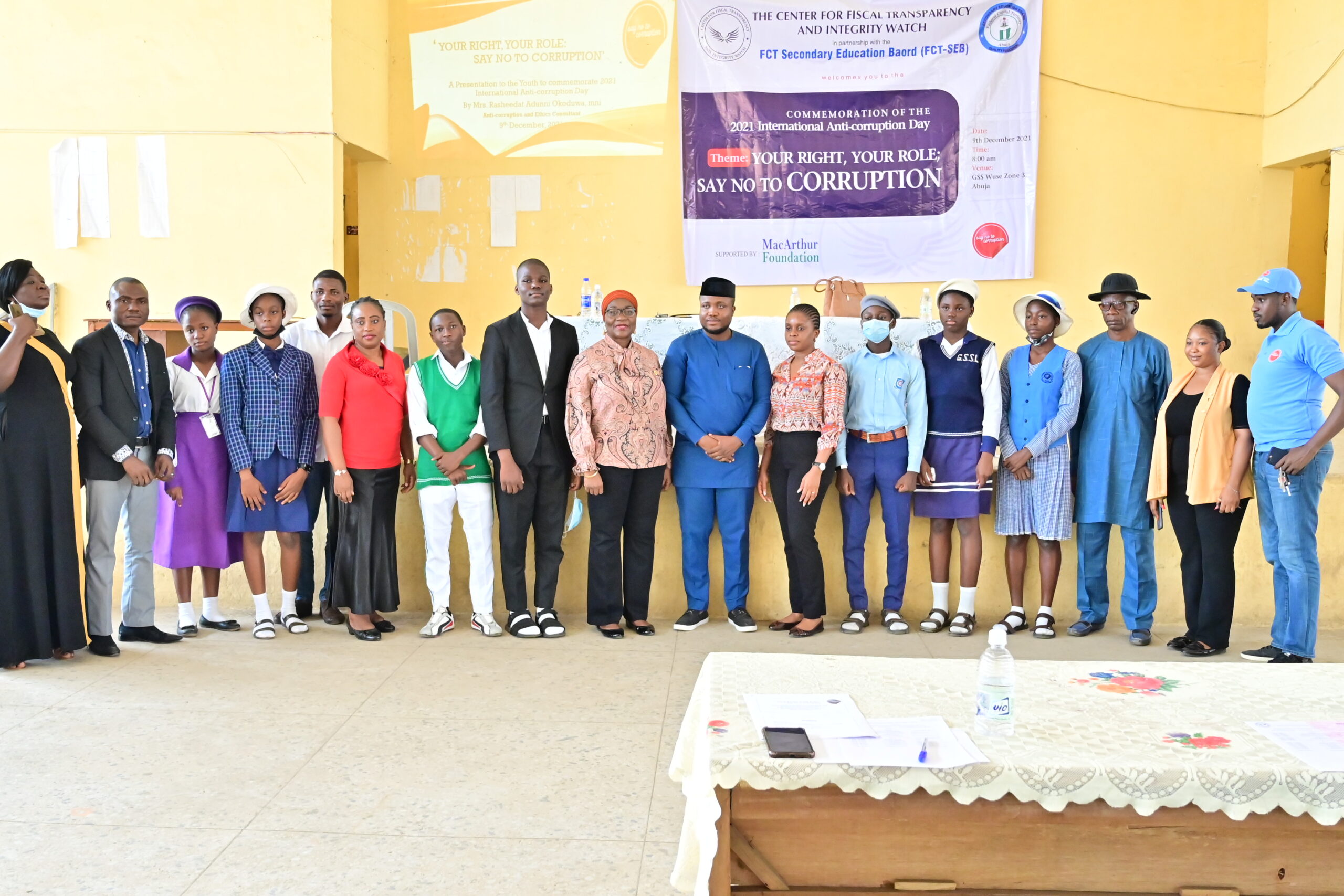
Centre for Fiscal Transparency and Integrity Watch, in Collaboration with the Administration of Criminal Justice Monitoring Committee (ACJMC), Organized a one-day Stakeholders Workshop on Anti-corruption Bills.
In line with the Strengthening Anti-Corruption Environment in Nigeria (SACEN) project, the Centre for Fiscal Transparency and Integrity Watch, in collaboration with the Administration of Criminal Justice Monitoring Committee (ACJMC), organized a one-day stakeholders advocacy workshop to demand for expedite passage of anti-corruption bills in the 9th assembly on 14th July 2021. The one-day advocacy workshop was attended by leading anti-corruption groups, including the Administration of the Criminal Justice Monitoring Committee(ACJMC); representatives of the National Assembly, representatives of the Nigerian Bar Association (NBA), Economic and Financial Crimes Commission (EFCC), United Nations Office on Drug and Crime (UNODC), Civil Society Organizations (CSOs), Federal Ministry of Justice, Media Organizations, Premium Times Center for Investigative Journalism (PTCIJ), Centre for Social Development Studies (CSDS), Civil Society Legislative Advocacy Center (CISLAC), Rule of Law and Anti-Corruption (RoLAC), Federal Ministry of Justice (FMoJ), as well as the staff of the Centre.
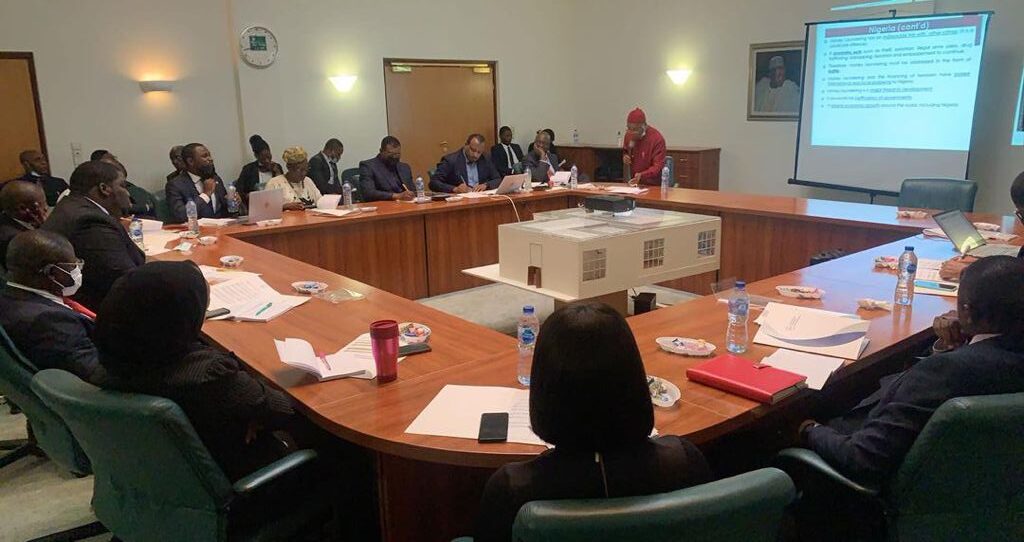
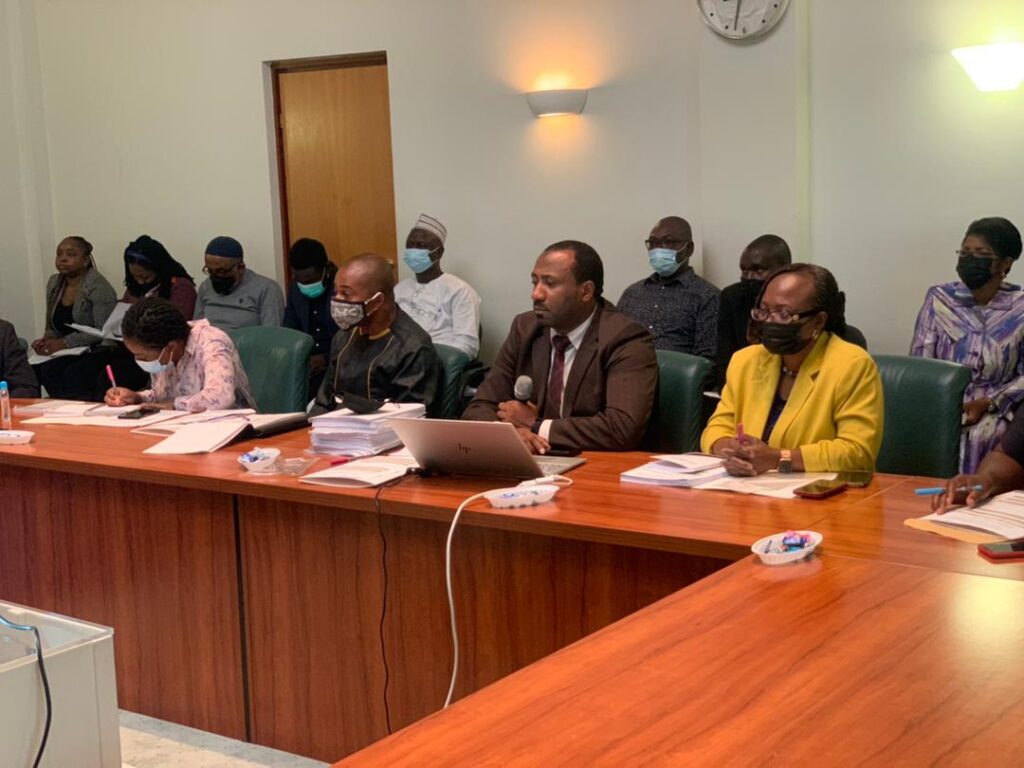
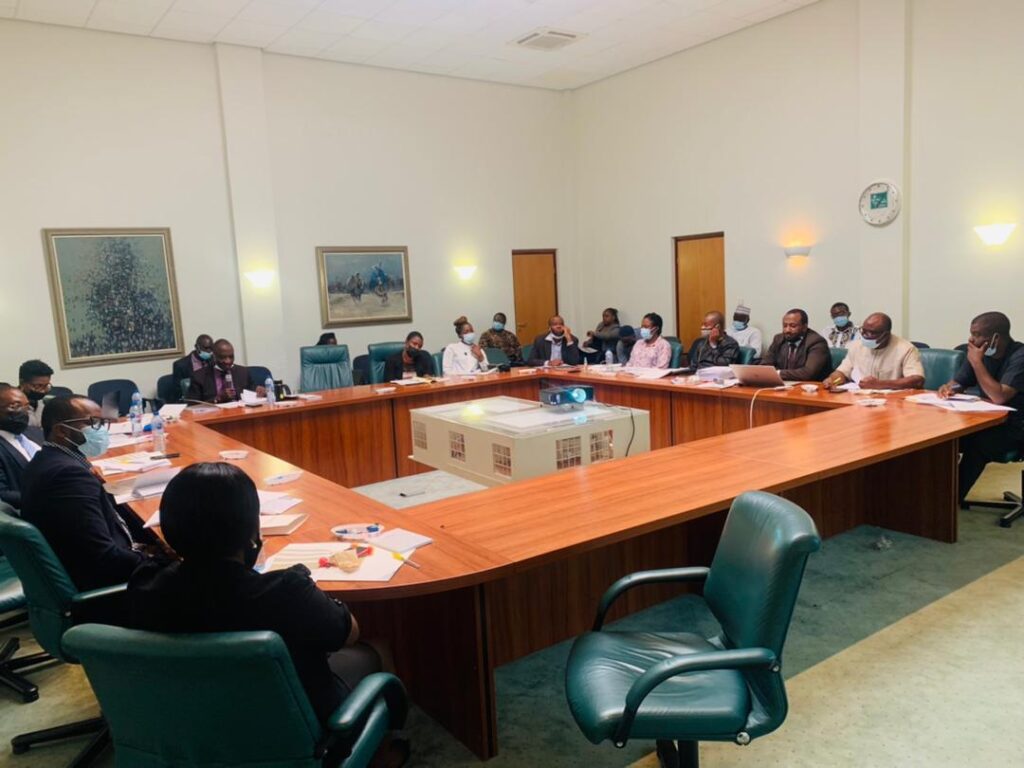
Senate, CeFTIW Partner to Review Nigeria’s Anti-corruption Strategy
On 9th and 10th June 2021, the Senate Committee on Anti-Corruption and Financial Crimes chaired by Senator Sulaiman Abdu Kwari, summoned Ministries Departments and Agencies to make a formal report on the level of implementation of the National Anti–Corruption Strategy (NACS) 2017-2021.
President Muhammadu Buhari in 2017 approved the NAC Strategy to improve the governance of public institutions at federal, state, and local government levels.
The strategy is specifically designed to promote a multi-approach on how to strengthen legal and institutional framework of anti-corruption bodies; mainstreaming anti-corruption principles into governance and service delivery; strengthening accountability, integrity, and transparency of sub-national public administration.
With technical support from the Center for Fiscal Transparency and Integrity Watch (CeFTIW), the exercise assessed how government agencies are implementing strategies to fight corruption, as enshrined in the National Anti-Corruption Strategy (NACS) 2017-2021; identify gaps and lapses, and explore ways to make improvement on curbing the menace of corruption from the grassroots.
In attendance were the Executive Chairman of the ICPC, Professor Bolaji Owonsanoye and his team, the Group Managing Director of the Nigerian National Petroleum Corporation (NNPC), Mr. Mele Kyari, who made a presentation on how he has been tackling corruption in the extractive industry. The Director-General of the National Orientation Agency, Dr. Garba Abari also made invaluable contributions.
Others Include representatives from the Vice President’s Office, Professor Fatima Aliyu Abubakar; the Nigerian Financial Intelligence Unit (NFIU), the Economic and Financial Crimes Commission (EFCC), represented by Director of Planning, Mr. Bamanga Bello; the National Information Technology Development Agency (NITDA), represented by the Director of the Infrastructure, Dr. Usman Abdullahi; the Federal Ministry of Justice (FMOJ), represented by Ms. Chisom M. Aghadinun; Bureau of Public Procurement, represented by Aliyu Adamu, Director Regulation, Database, and ICT; Office of Head of the Civil Service of the Federation, represented by Ibiene Roberts Patricia, Perm. Sec. Special Duties Office; The Nigerian Customs Service, represented by Ag. ACG Investigation, Enforcement, and Inspection, UG Muhammad. Also, in attendance were representatives of the Technical Unit on Governance and Anti-Corruption Reforms (TUGAR), and Presidential Advisory Committee on Anti-Corruption (PACAC); and of the representatives of CSOs: Human and Environmental Development Agenda (HEDA) and United Nations Office of Drugs and Crime (UNODC).
In his final remarks, the Chairman applauded the agencies for their commitment towards ensuring the successful implementation of the National Anti-Corruption Strategy and urged them to put more effort into bridging the gaps in the implementation of the policy as the deadline expired. He also extended his warm regards to the Center for Fiscal Transparency and Integrity Watch for coming up with such an initiative.
Finally, the chairman, on behalf of the Senate pledged to support the President, Muhammadu Buhari, GCFR, in his fight against corruption.

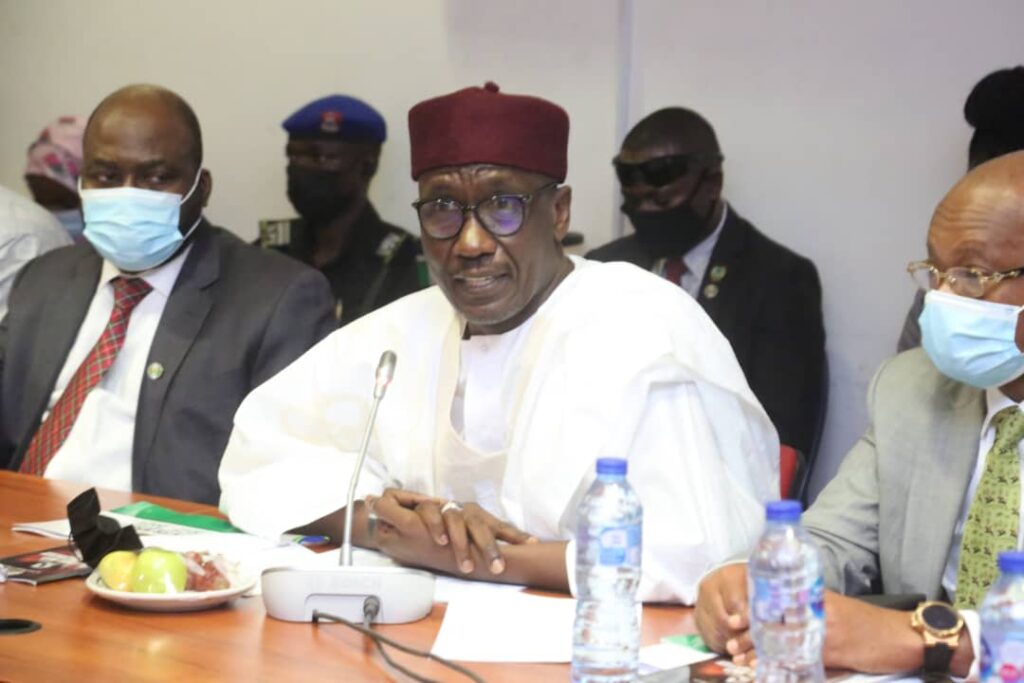



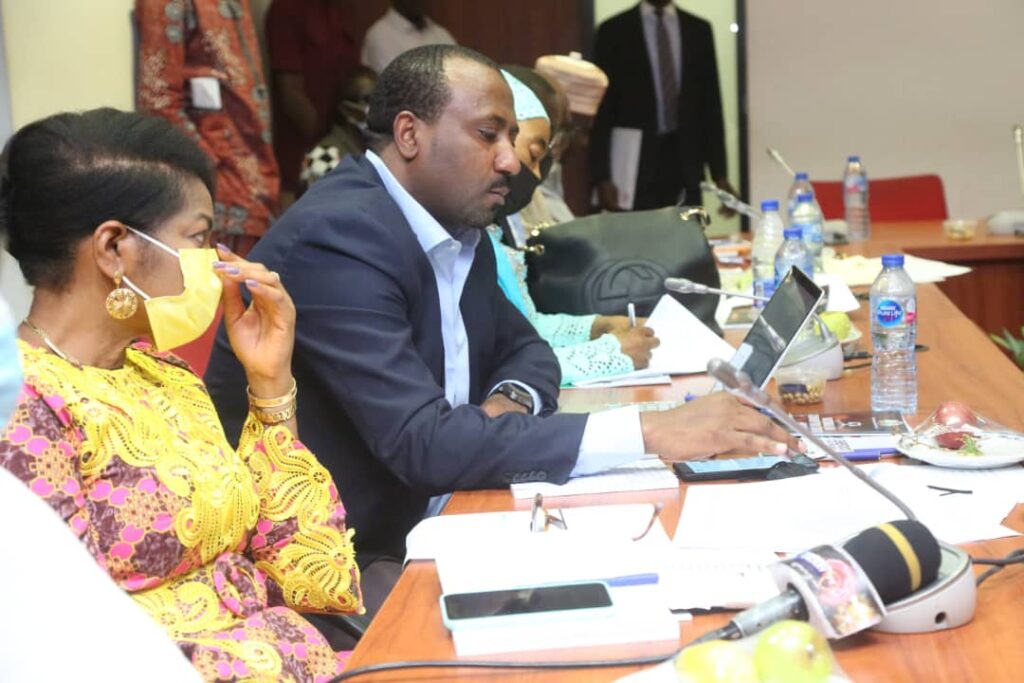
CeFTIW Board of Trustees, Advisors and Staff pay a courtesy visit to Nigeria Financial Intelligence Unit (NFIU)
Being a critical stakeholder in anti-corruption reforms, the Board of Trustees, Advisors, and staff of the Center for Fiscal Transparency and Integrity Watch (CeFTIW) paid a courtesy visit to the Nigeria Financial Intelligence Unit (NFIU) on 27th April 2021.
As the sole agency responsible for the dissemination of financial intelligence, the visit focused on seeking strategies for the strengthening of the legal framework of the NFIU to enhance its operational efficiency.
The team briefed the Director of NFIU, Mr. Modibbo Tukur, and the Management staff on previous work on legislative advocacy.
The Director commended the Center and expressed his support for CeFTIW and other CSOs that are contributing to the fight against corruption.
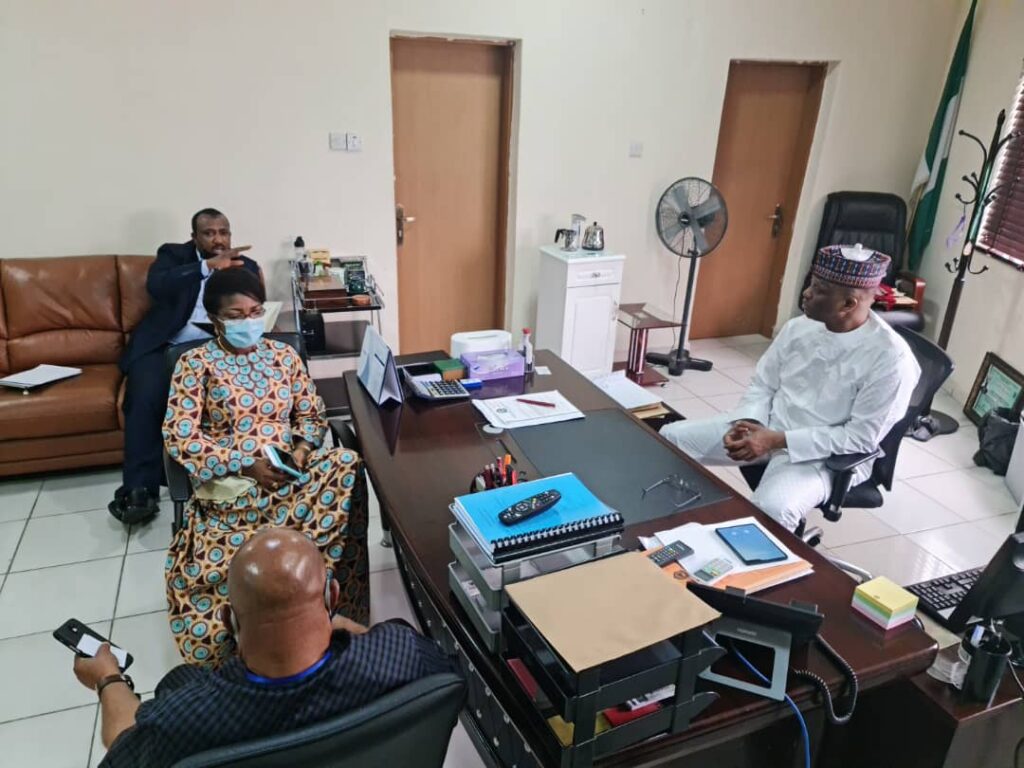
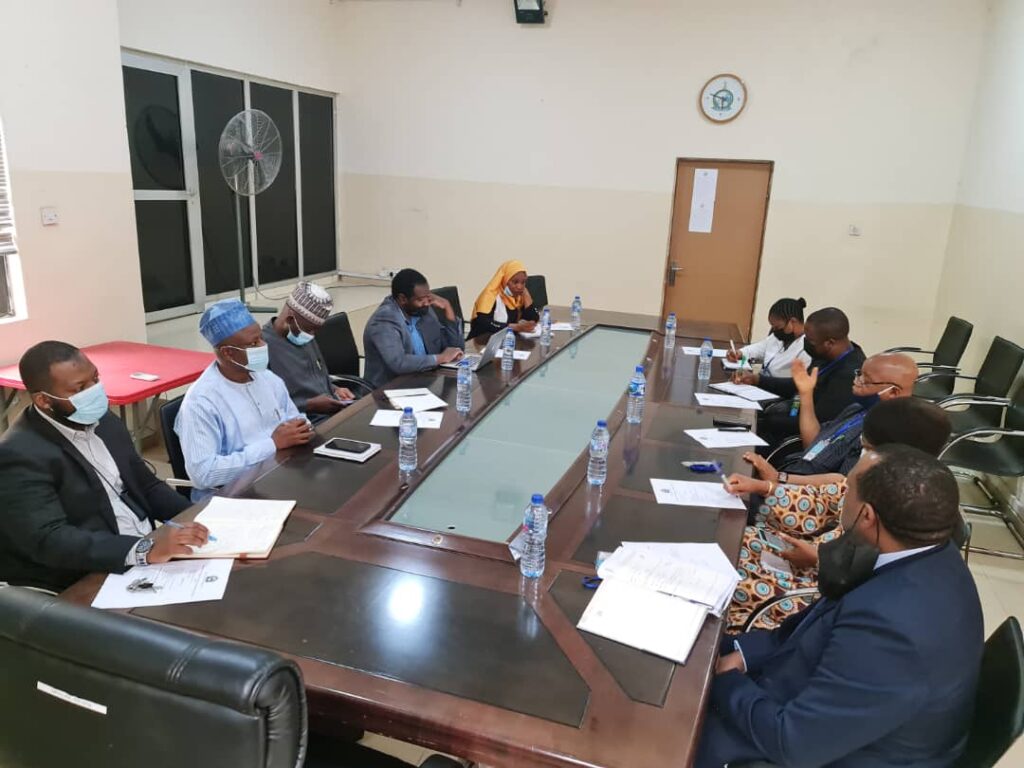
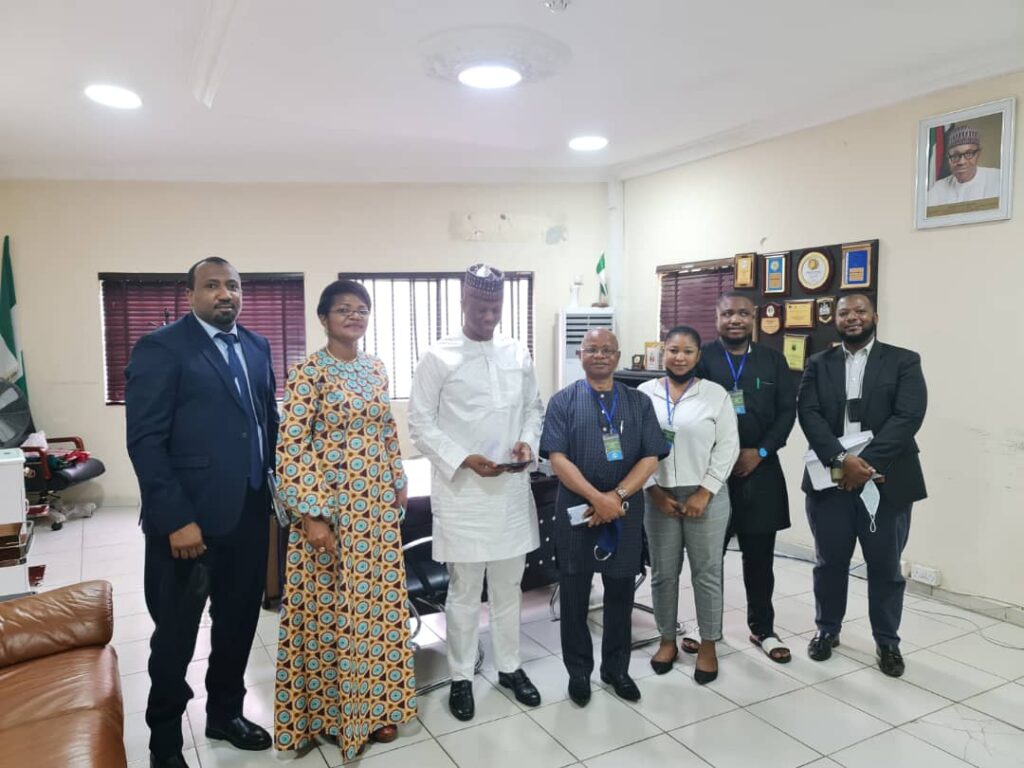
CeFTIW Board of Trustees, Advisors and Staff pay a courtesy visit on the Chairman, Technical Unit on Governance & Anti-Corruption Reforms
As part of our advocacies to Strengthens the Anti-Corruption Environment in Nigeria (SACEN) project, which is supported by the MacArthur Foundation, members of the Board of Trustees and staff of the Center for Fiscal Transparency and Integrity Watch (CeFTIW), on 22nd April 2021, paid a courtesy visit to the management of Technical Unit on Governance & Anti-Corruption Reforms (TUGAR) to fashion out areas of collaboration and campaign for the implementation of the National Anti-Corruption Strategy (NACS) 2017-2021.
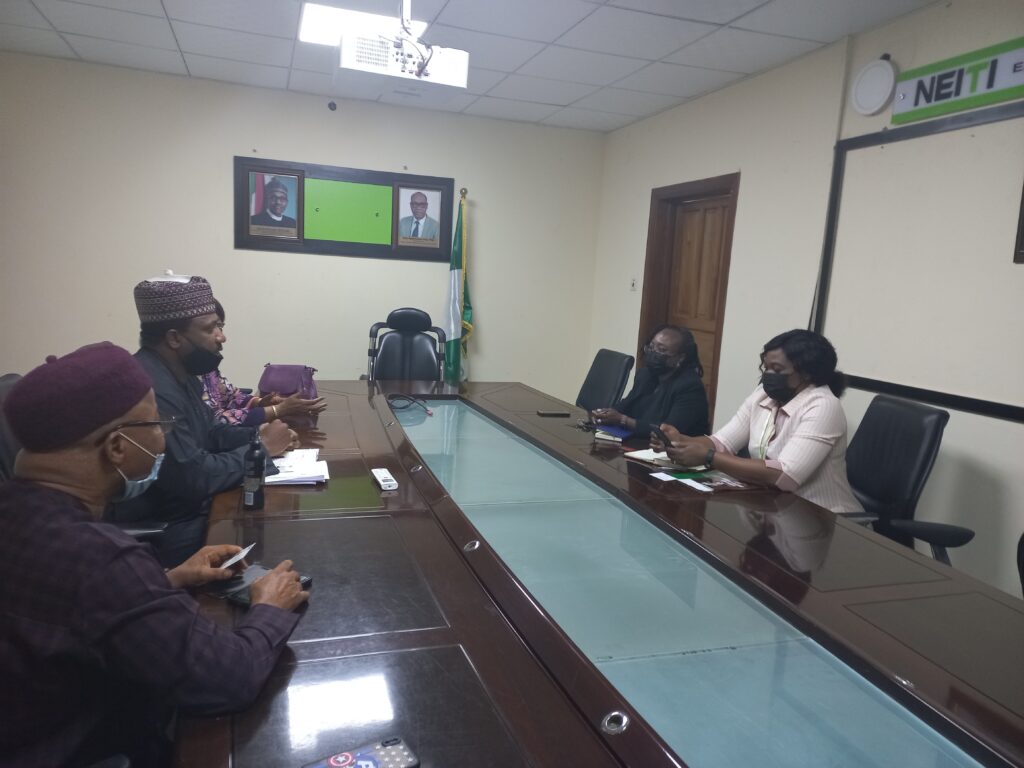
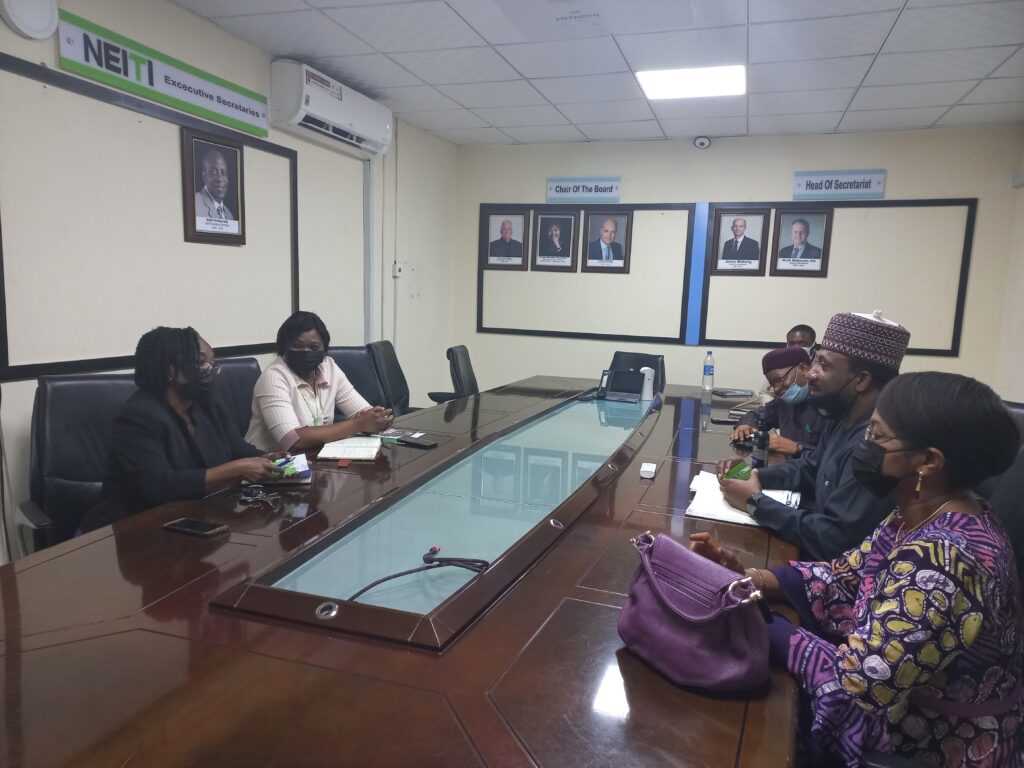
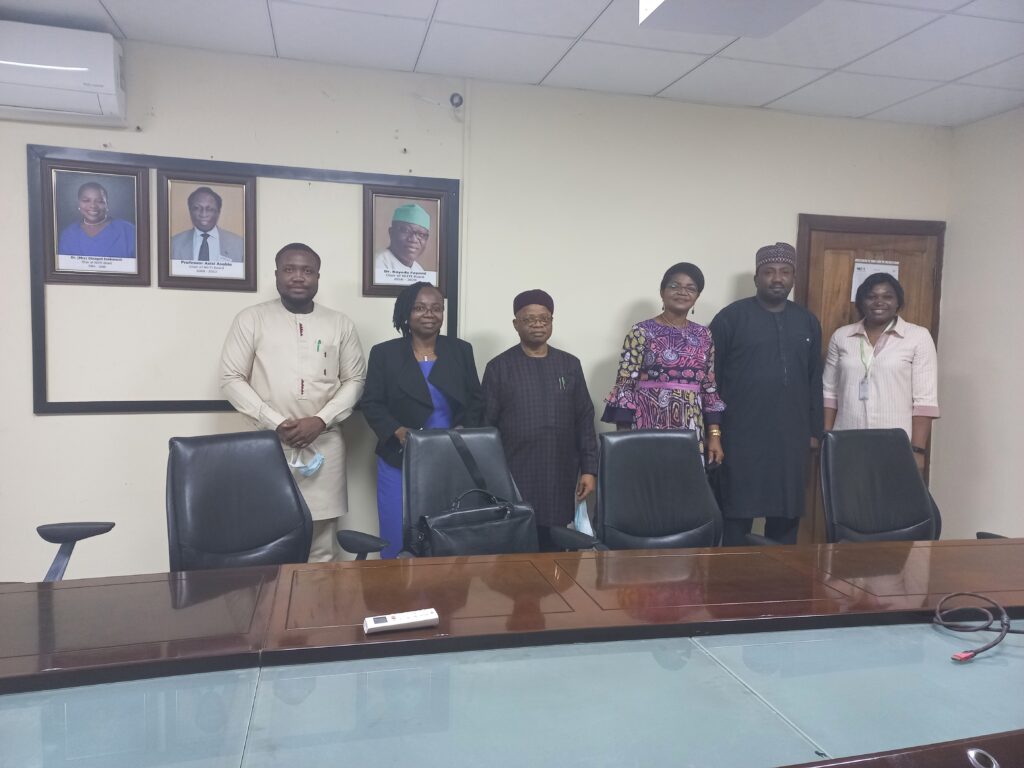
CeFTIW Board of Trustees, Advisors and Staff pay a courtesy visit to the Chairman, House Committee on Financial Crimes
In line with our campaign tagged: “Strengthening Anti-Corruption Environment in Nigeria (SACEN)”, the Board of Trustees, Advisors, and Staff of Center for Fiscal Transparency and Integrity Watch (CeFTIW), on the 6th April 2021, paid a courtesy visit to the Chairman, House Committee on Financial Crimes, Honourable Ibrahim Abdullahi Dutse.
The visit was to seek collaboration between CeFITW and the House Committee on Financial Crimes, towards assessing areas of legislation that require fortification in order to sustain the fight against corruption.
The Committee Chairman and his team appreciated CeFTIW for the visit and pledged their support towards ensuring that critical bills are passed under this current dispensation. He urged the CeFTIW to increase its advocacy by training legislators on anti-corruption bills.
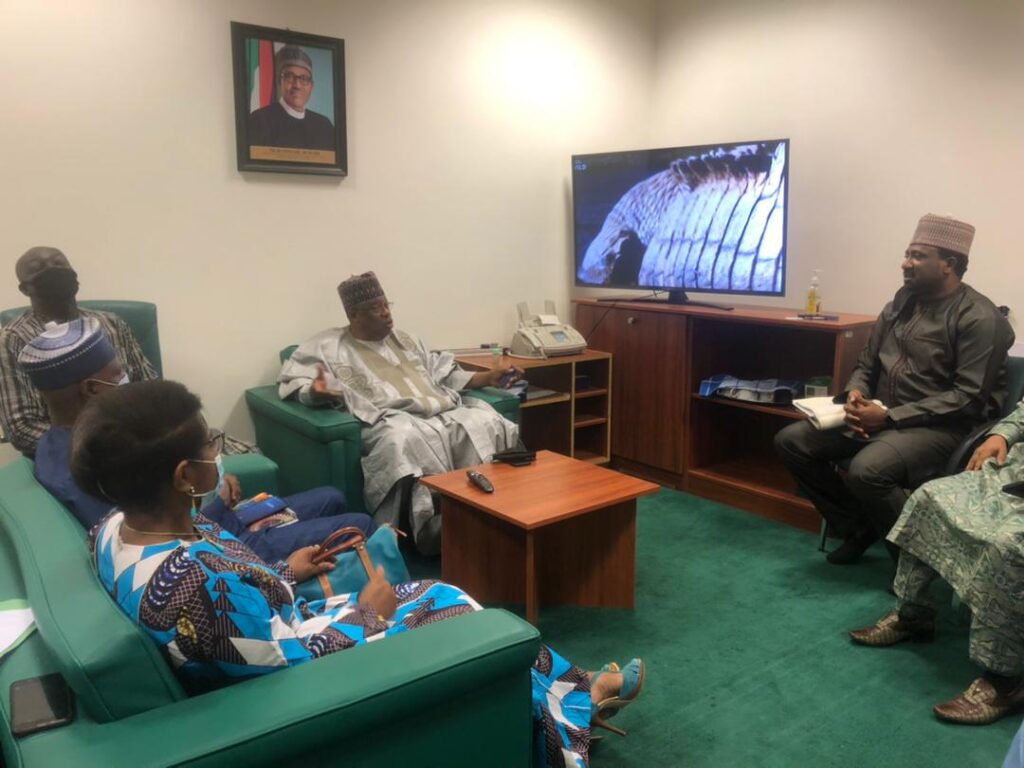
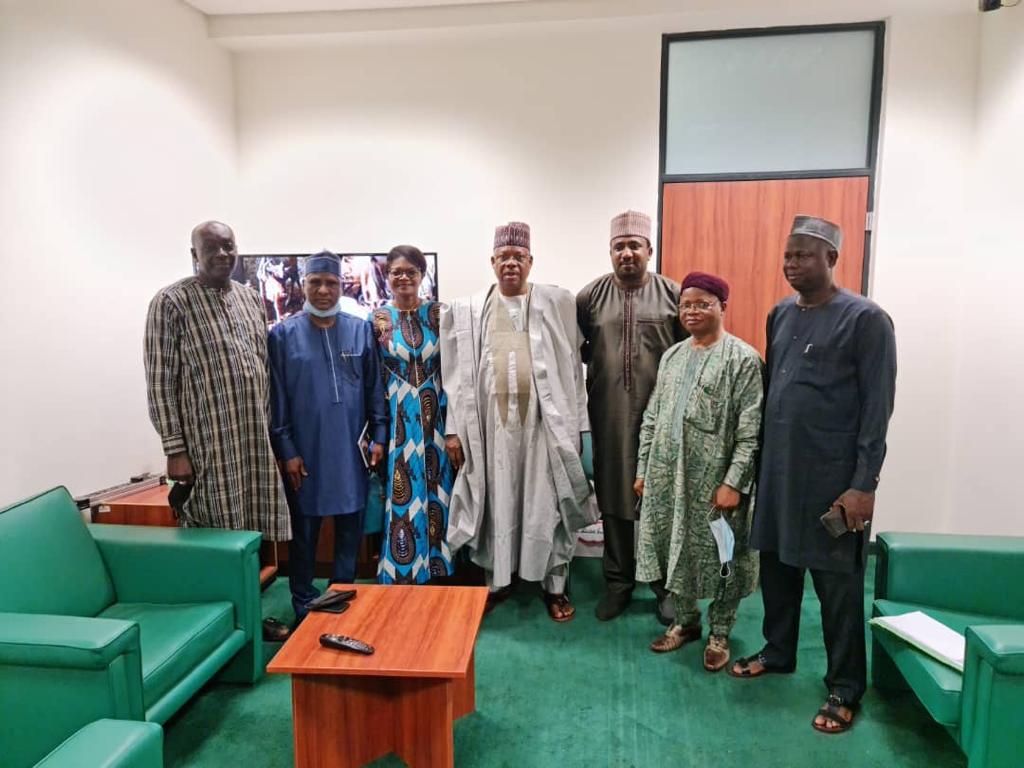
CeFTIW Board of Trustees pay a courtesy visit to the Special Control Unit against Money Laundering (SCUML).
On 23rd March 2021, the Board of Trustees, Advisors, and Staff of the Center for Fiscal Transparency and Integrity Watch (CeFTIW), paid a courtesy visit to the Special Control Unit against Money Laundering (SCUML).
As a critical institution in combatting money laundering and corruption, the visit was to seek partnership with SCUML in the area of reducing corruption, money laundering, and financing of terrorism using Designated Non-Financial Businesses and Professions (DNFBPs).
As a cash-based economy, SCUML has over the years been a model for other countries to emulate in terms of effective supervision of DNFBPs.
The current Director of SCUML, Mr. Dan Isei, commended the Center’s efforts and advised on the need to improve the capacity building of anti-corruption agencies.
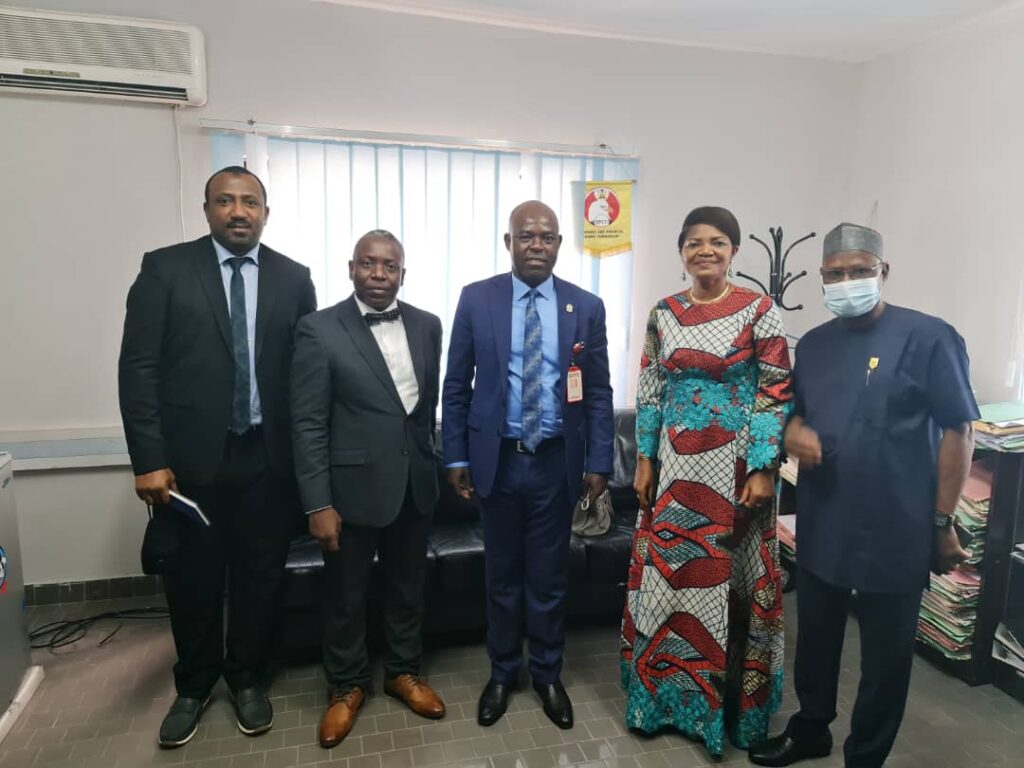
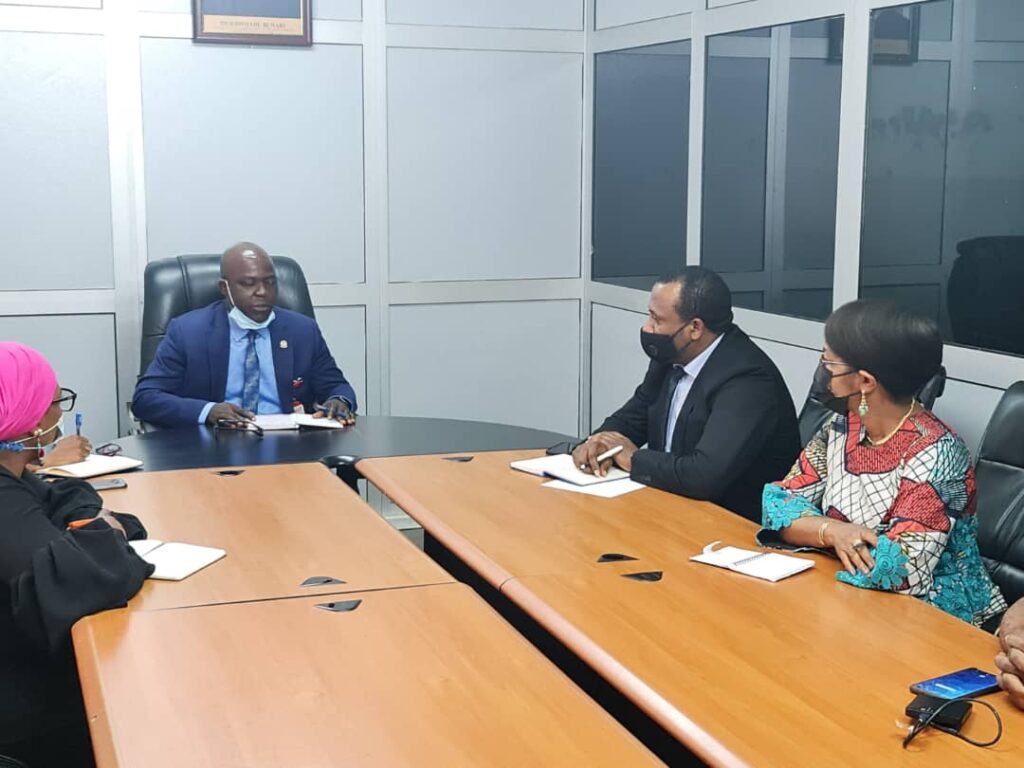
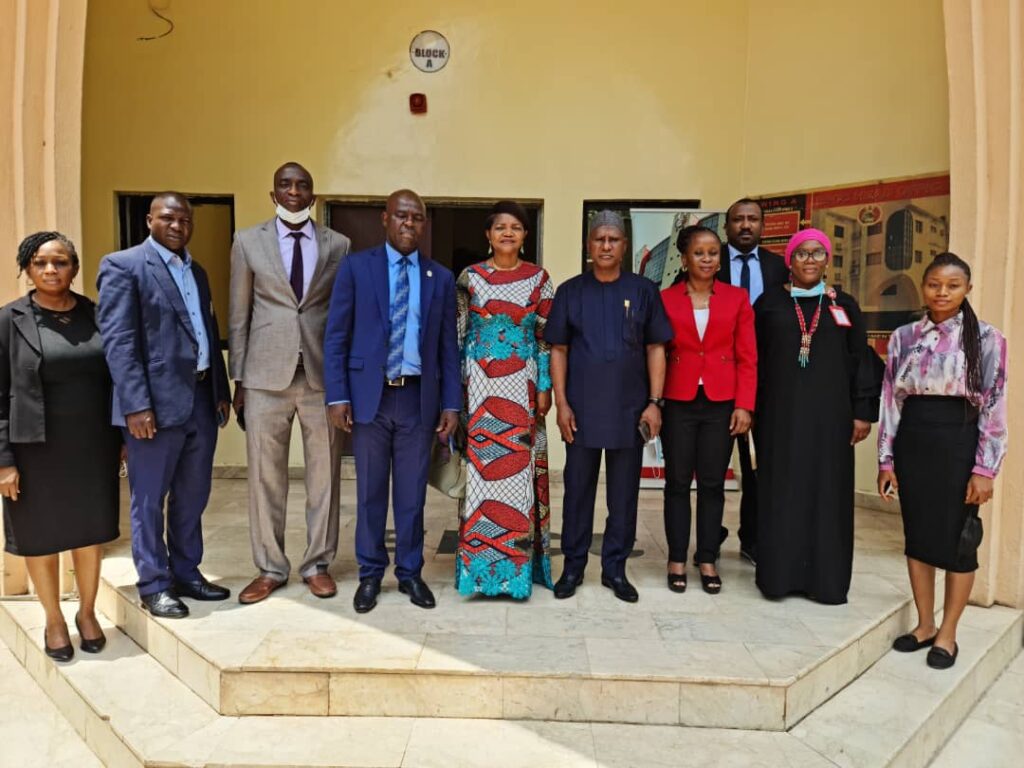
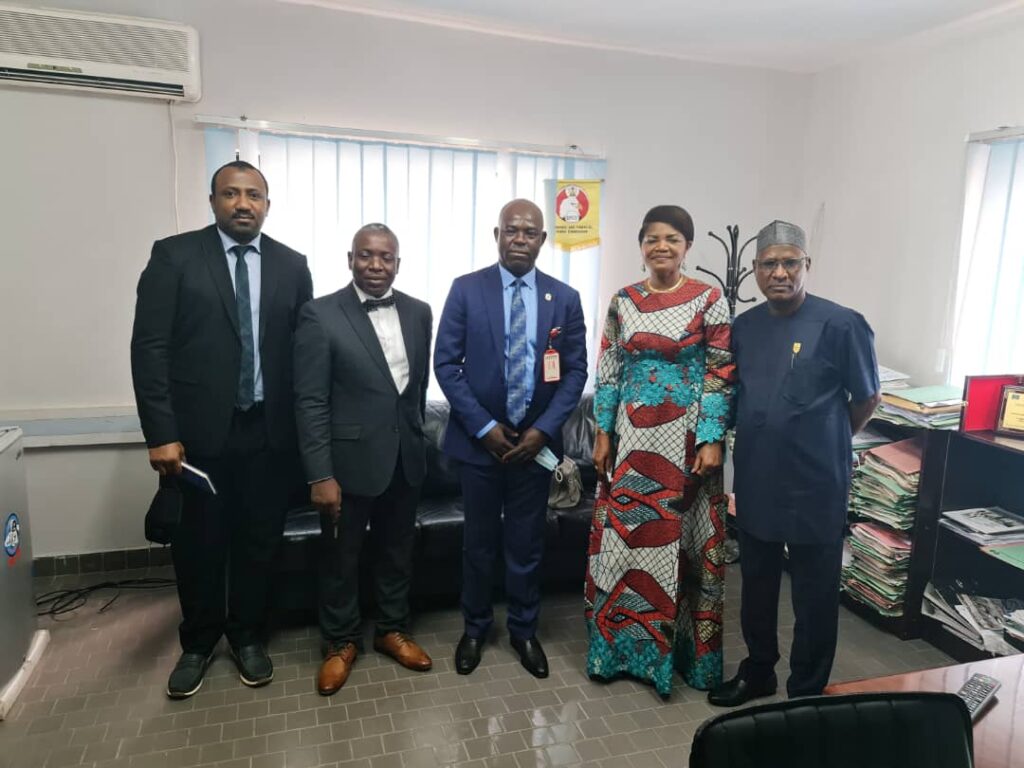
CeFTIW Board of Trustees pay a courtesy visit to the office of the Honourable Attorney General of the Federation and Minister of Justice, Abubakar Malami, SAN.
On the 23rd of February 2021, the Board of Trustees, Advisors, and Staff of the Center for Fiscal Transparency and Integrity Watch (CeFTIW), paid a courtesy visit to the office of the Honourable Attorney General of the Federation.
The purpose of the visit was to brief the Attorney General of the Federation, Abubakar Malami, SAN, and seek political support at the high level in order to strengthen the legal framework related to anti-corruption in Nigeria, and to also brief the Attorney General on the Center’s engagement by MacArthur foundation to seek ways of strengthening the anti-corruption war through legislative advocacy.
Specifically, the Center sought for the passage of critical bills such as; Proceed of Crime Bill (POCA), Whistle Blower Protection Bill, Witness Protection Bill, Audit Bill as well as the Amendment of EFCC, NFIU, and ICPC Acts.
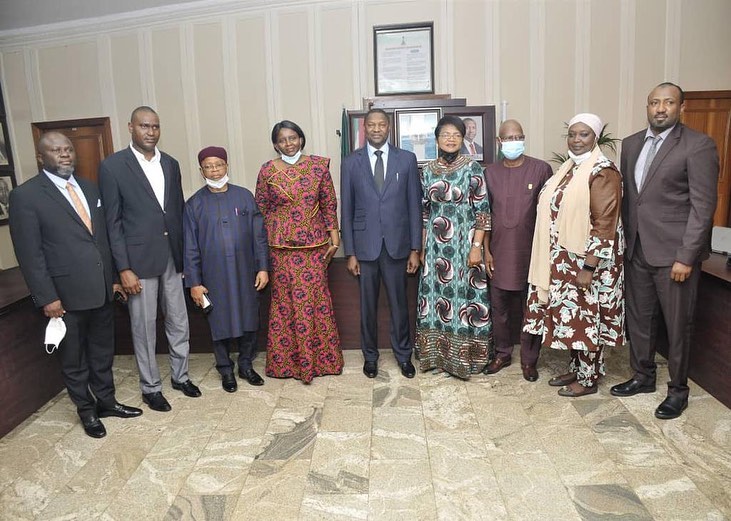
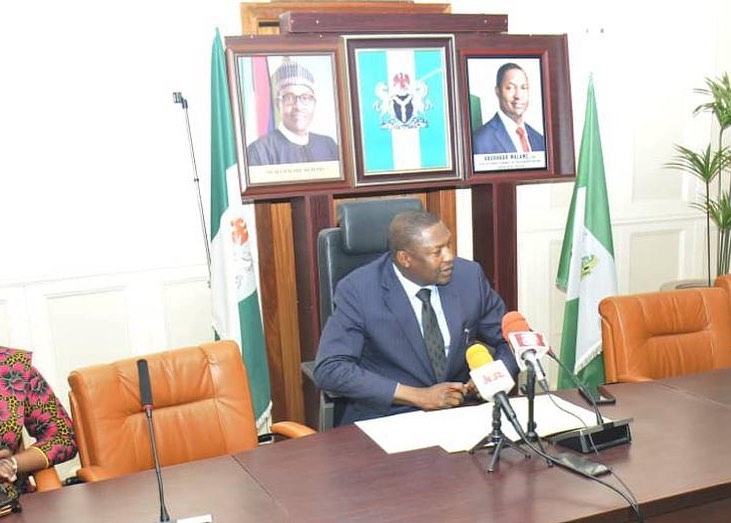
while receiving CeFTIW Board of Trustees in his office in Abuja
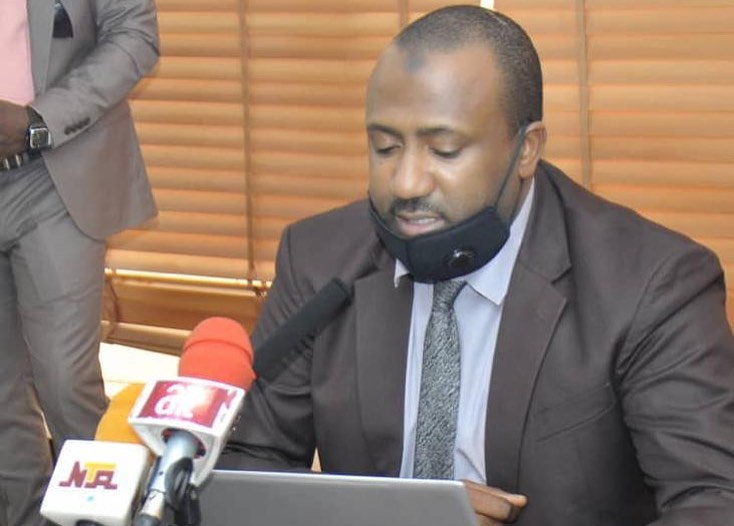
Making a presentation on the objectives of CeFTIW
